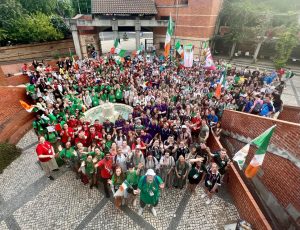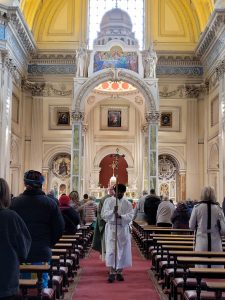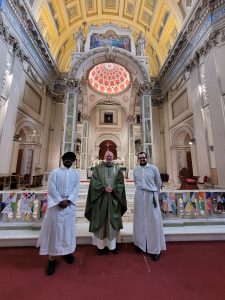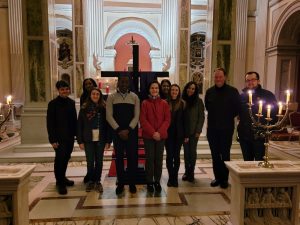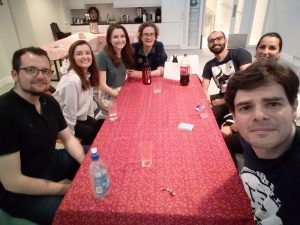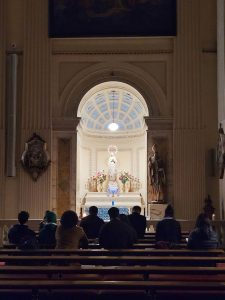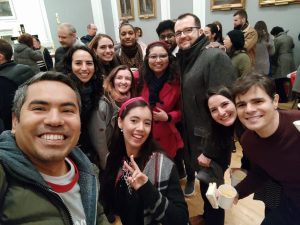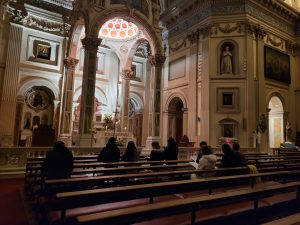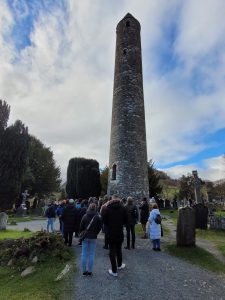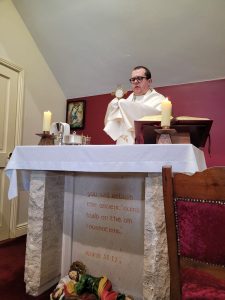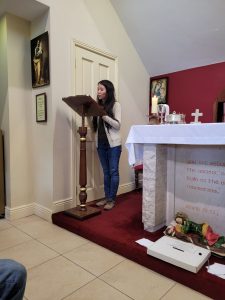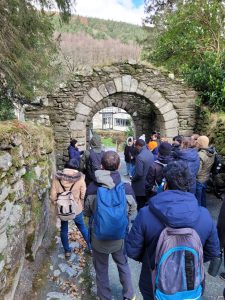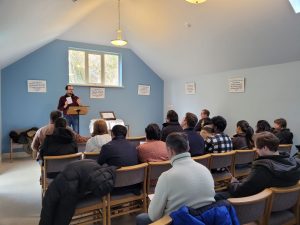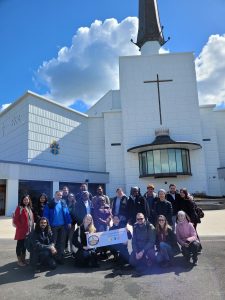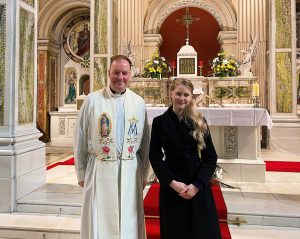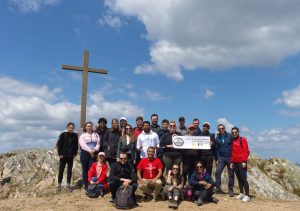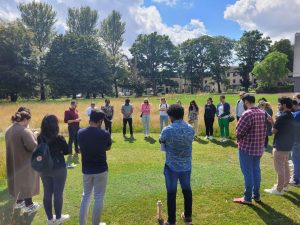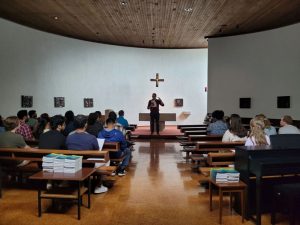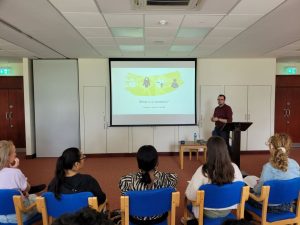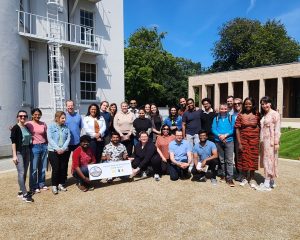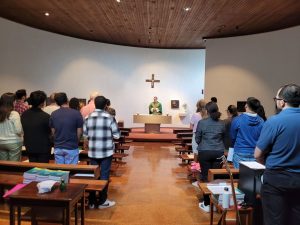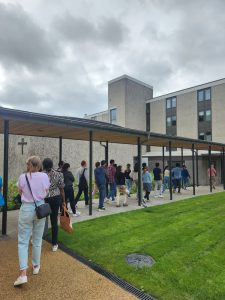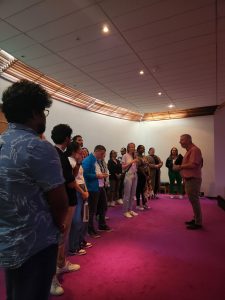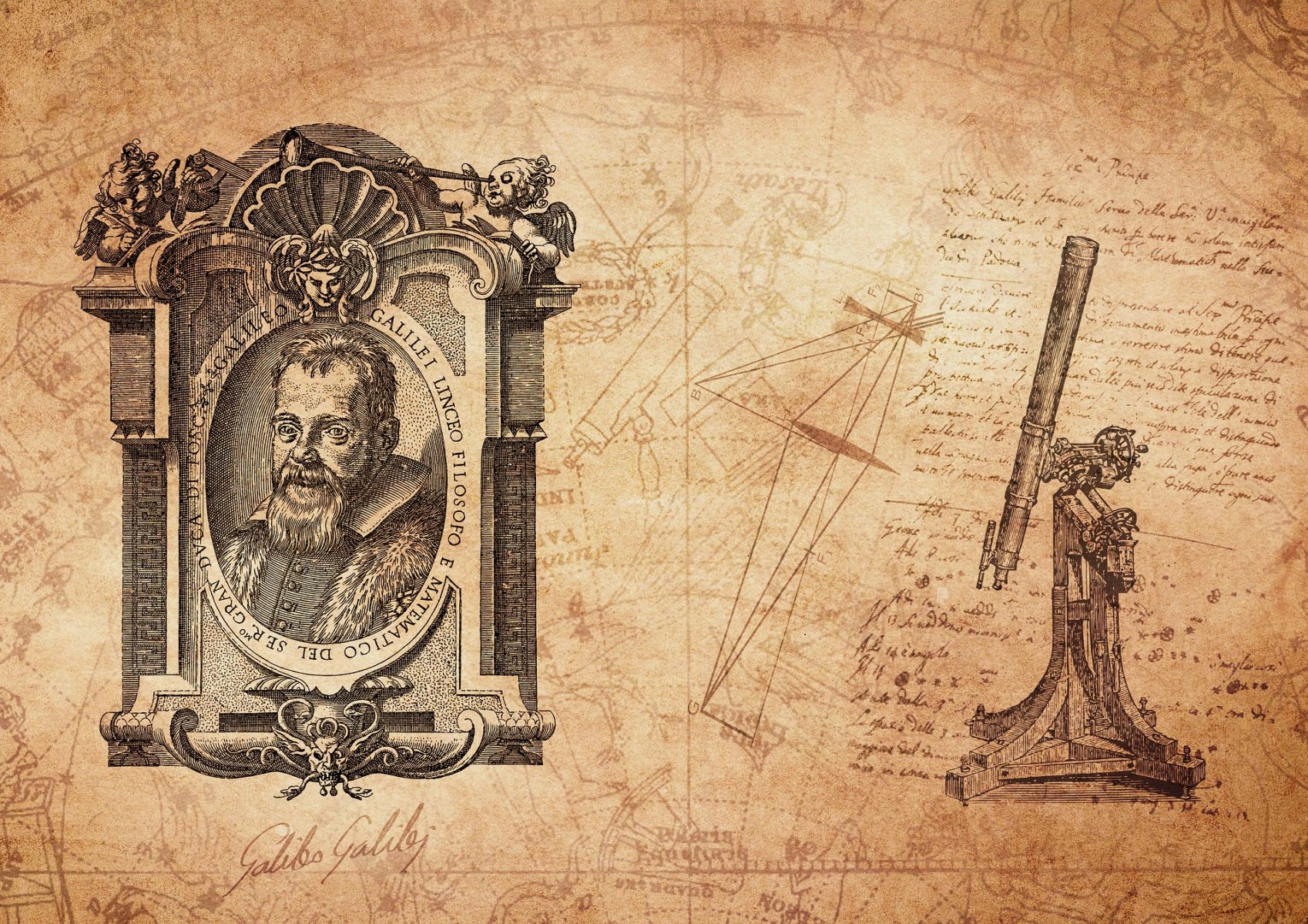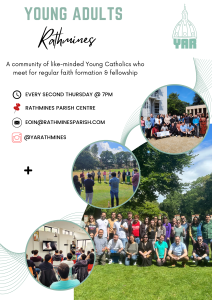
Holy Hour:
Rathmines Parish also hosts a weekly youth-led holy hour with music every Tuesday evening at 7.30pm followed by a social event. All are welcome.
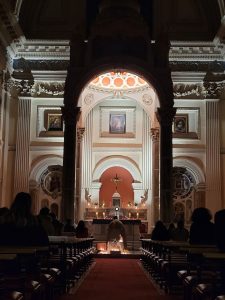
Scroll through the page and explore the different videos and faith formation content below!
Why do Catholics…?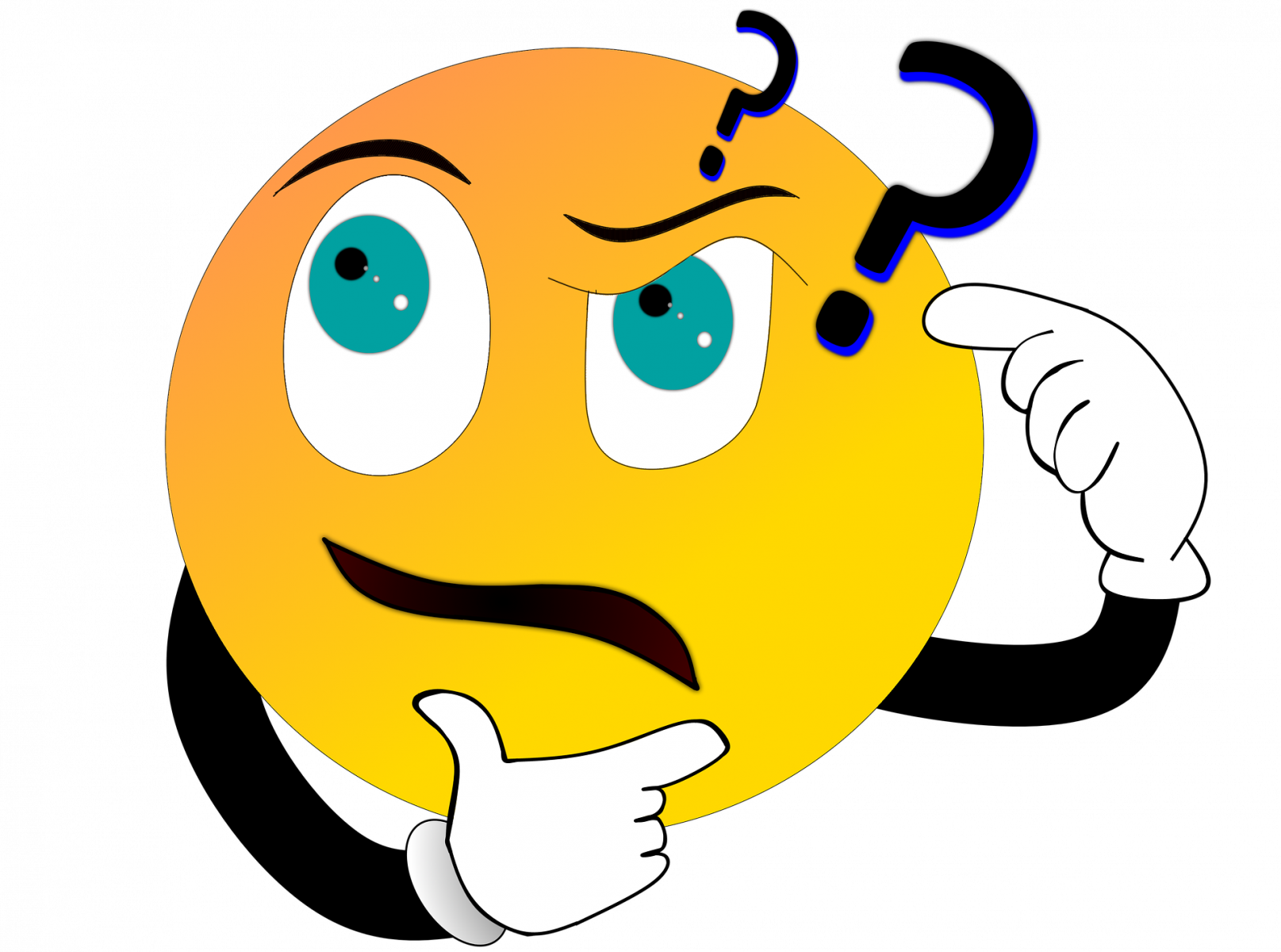
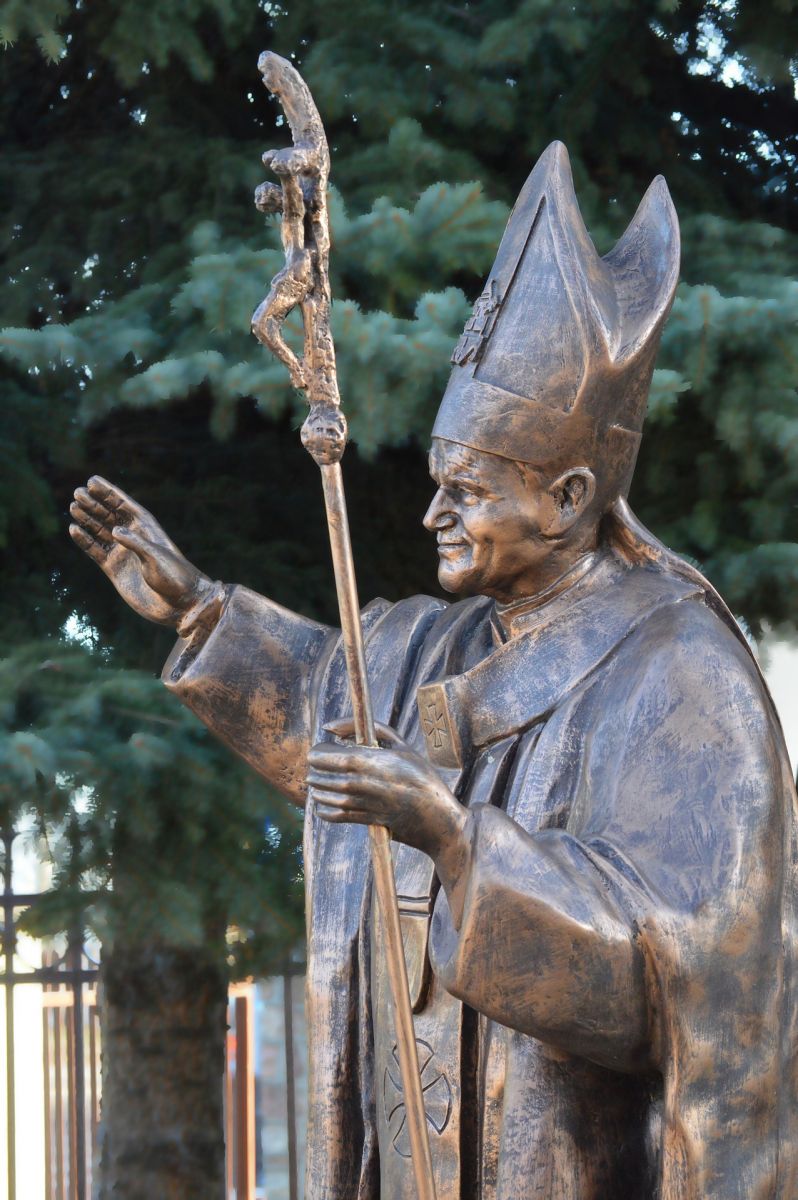
Probably no action identifies a person as a Catholic so easily as the Sign of the Cross.
From the earliest times of the Church, this sign of the cross was used in all the Sacraments, and as a means of recognising other Christians in time of persecution.
The Christian writer Tertullian (160 A.D - 225 A.D) wrote: "In all our travels, in our coming in and going out, in putting on our clothes and our shoes, at table in going to rest, whatever we are doing we mark our forehead with the sign of the cross."
("Why do Catholics" Chevalier Press Oct 1986)
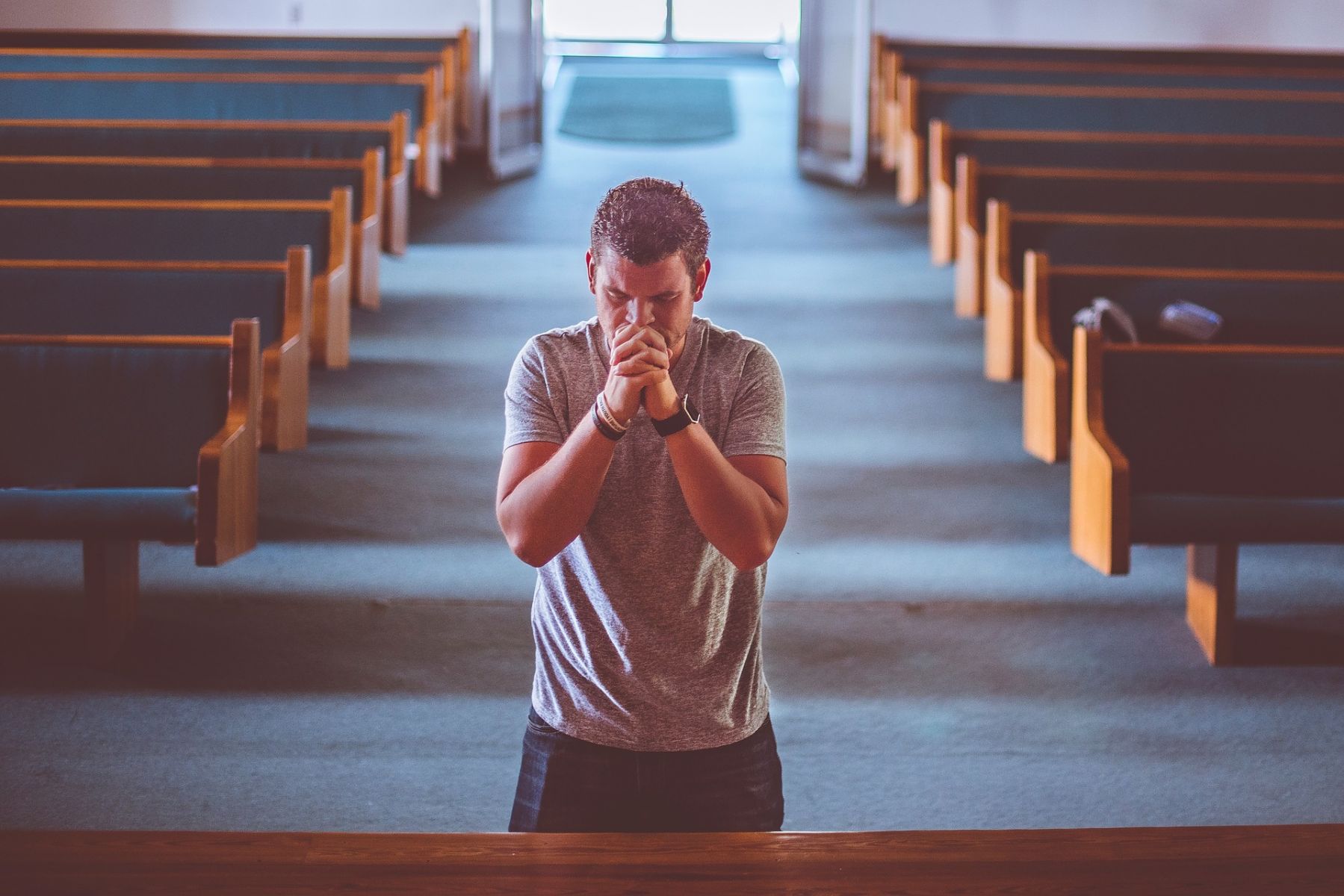
Genuflection upon entering or leaving a Church is the most usual way Catholics show their reverence for the Blessed Sacrament reserved in the Tabernacle.
The word 'genuflection' simply means 'bending the knee', and this way of showing reverence and worship was common in pre-Christian times. Among the pagans, it signified adoration and worship of the gods, and particularly of the 'divine rulers', the Roman Emperors.
As genuflection gradually lost its pagan overtones, it became used as a mark of courtesy and respect towards persons of high authority such as Popes and Bishops.
It was not until 1502 that genuflection was introduced into the Order for the Celebration of Mass, and seventy years later Pope Pius V officially approved the practice by including it in his edition of the Roman Missal.
("Why do Catholics" Chevalier Press Oct 1986)
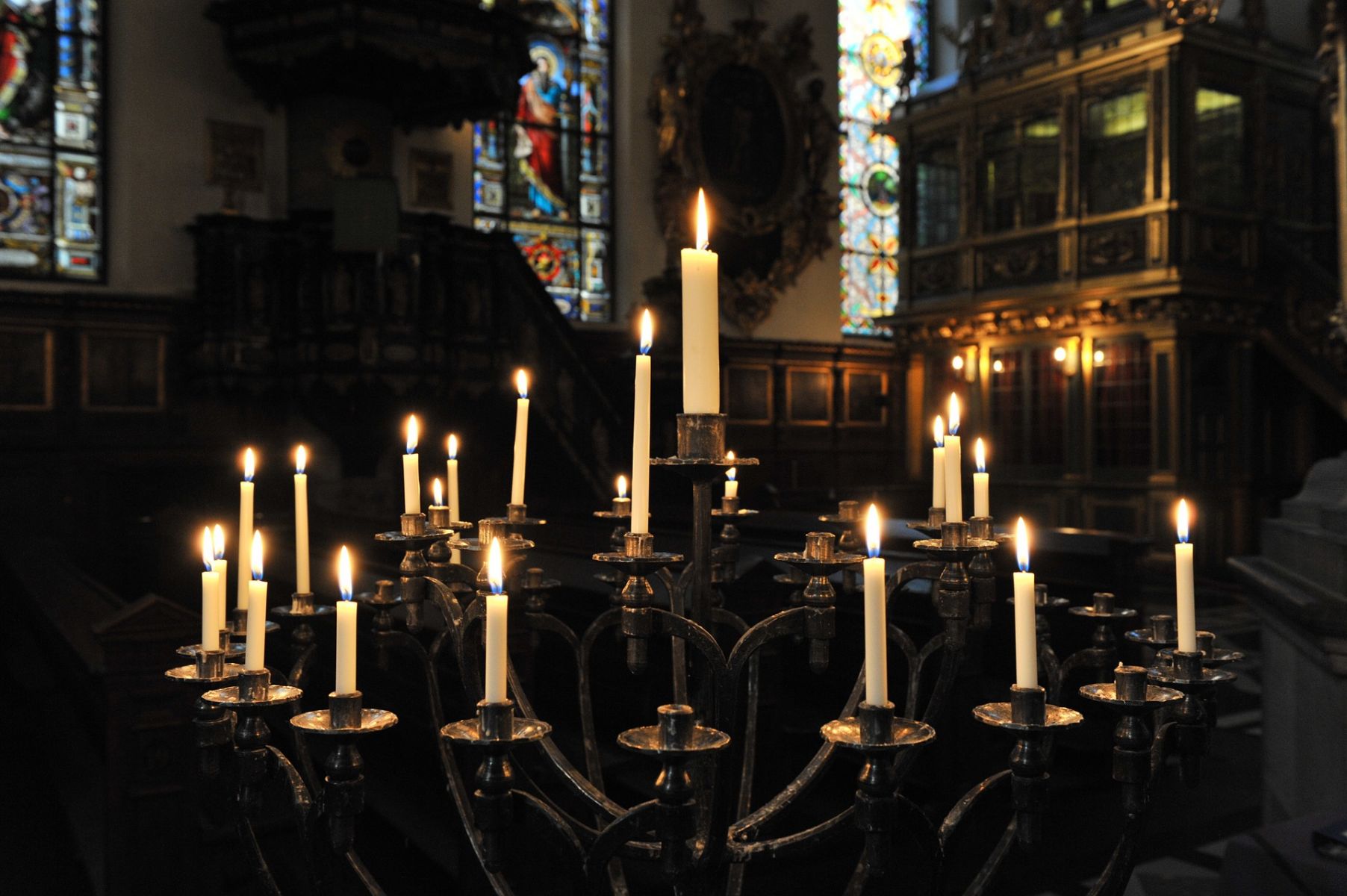
Catholic custom has always treasured the symbolism of light conquering darkness that is associated with the use of candles at Mass, and in the celebrating of other sacraments. The candles lighted at the altar at mass remind the worshippers that the Church is the light of the world.
The ancient prayer used in the blessing of candles reads: "Lord Jesus Christ, son of the living God, you who are the true light which enlightens every man who comes into this world, we beg you to bless these candles. Wherever they are lighted, may our hearts which are enlightened by the invisible fire and purity of the Holy Spirit be freed from all blindness of sin and vice. After the dark and perilous pilgrimage on earth, may we enter into everlasting light with you."
("Why do Catholics" Chevalier Press Oct 1986)
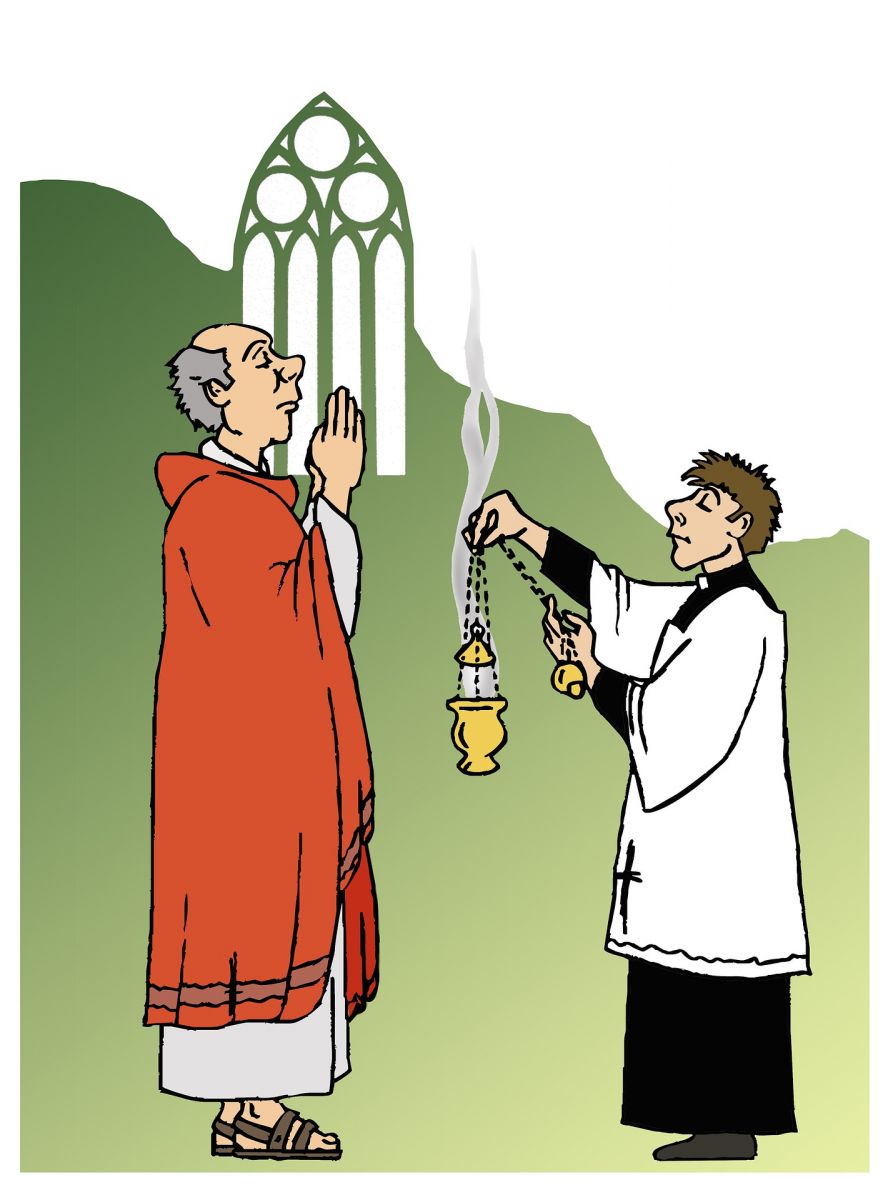
St John in his apocalyptic vision, 8:4, relates: "Then another angel came and stood at the altar, holding a golden thurible; and he was given a great quantity of incense to offer with the prayers of all God's people upon the golden altar in front of the throne. And from the angle's hand the smoke of the incense went up before God with the prayers of his people."
Among people in pre-Christian times sweet-smelling incense or perfumes were offered to important people or even lighted on the roads over which they travelled. In the Jewish tradition, incense was connected with prayer. In early Christian literature, the offering of incense symbolised not only the Soul's reaching out towards God, through prayer, but also of purification and contrition.
While Christians do not share the pagan view that God like his creatures, is attracted by pleasant odours and dislikes unpleasant ones, we may nevertheless agree with our ancestors that the use of incense helps elevate man's mind and raise his thoughts to God.
("Why do Catholics" Chevalier Press Oct 1986)
Watch the thurible being used at Pope Benedict XVI's visit to the Cathedral of Santiago de Compostela
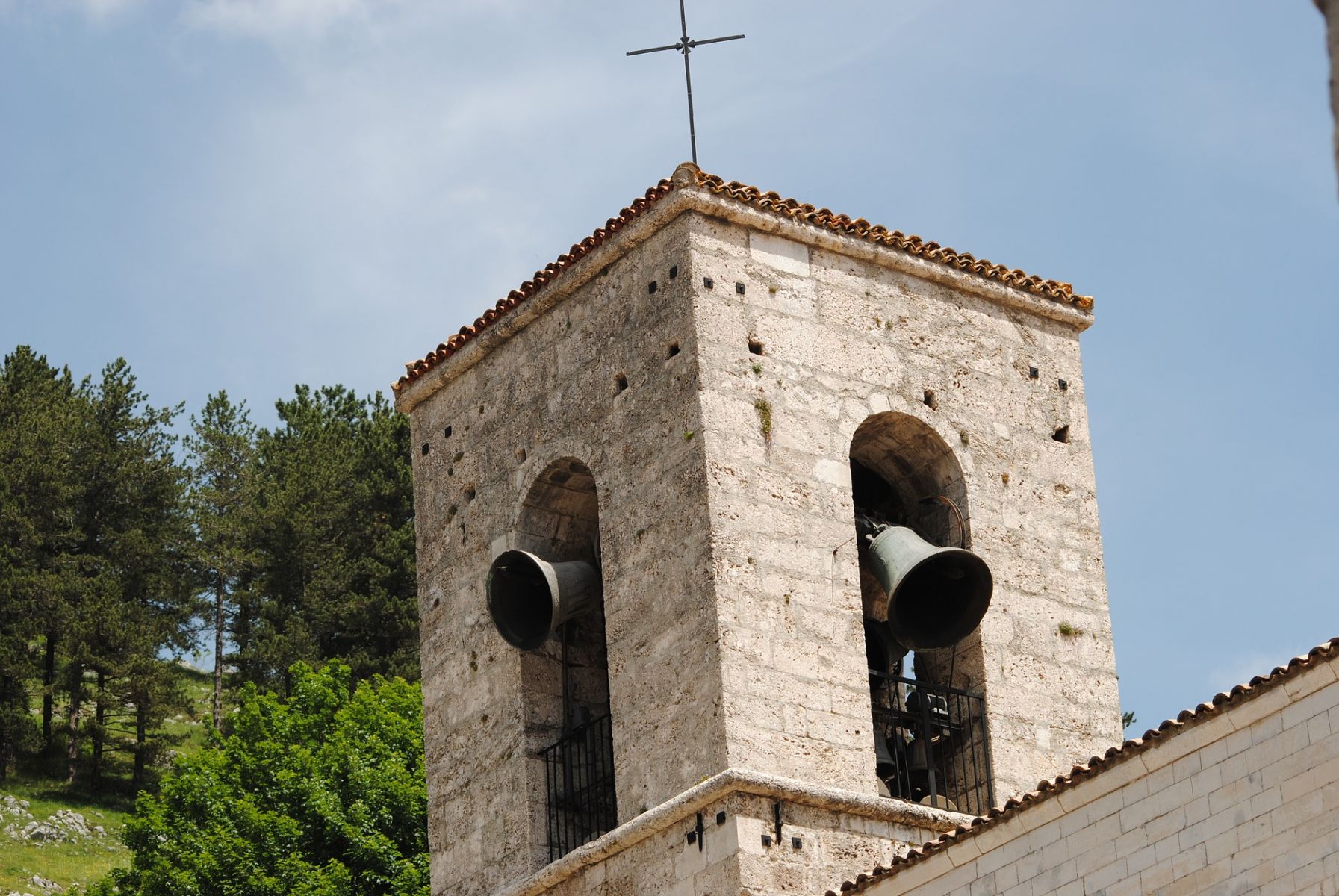
Bells to summon the faithful to Mass, to Benediction, to the Divine office (in monastic churches), to signal the moment of the more solemn parts of the Mass, to accompany the Blessed Sacrament as it is taken to sick persons - such bells have a well-established place in our Christian tradition.
Before the time of the Emperor Constantine (280 - 337 A.D.) and especially during the anti-Christian persecutions, messengers were used for announcing times for mass and meetings. When the persecutions ceased, however, some kind of instrument was used to summon the faithful.
By the 6th Century bells were in fairly common use in Europe & Ireland. St Patrick (390 - 460 A.D.) after ordaining Fiac a Bishop, gave him a box containing a bell, a reliquary, a crozier and a case for the books of the scriptures. We still possess the famous Bell of St Patrick, given to the Church of Armagh by St Columba (540 - 615 A.D.)
("Why do Catholics" Chevalier Press Oct 1986)
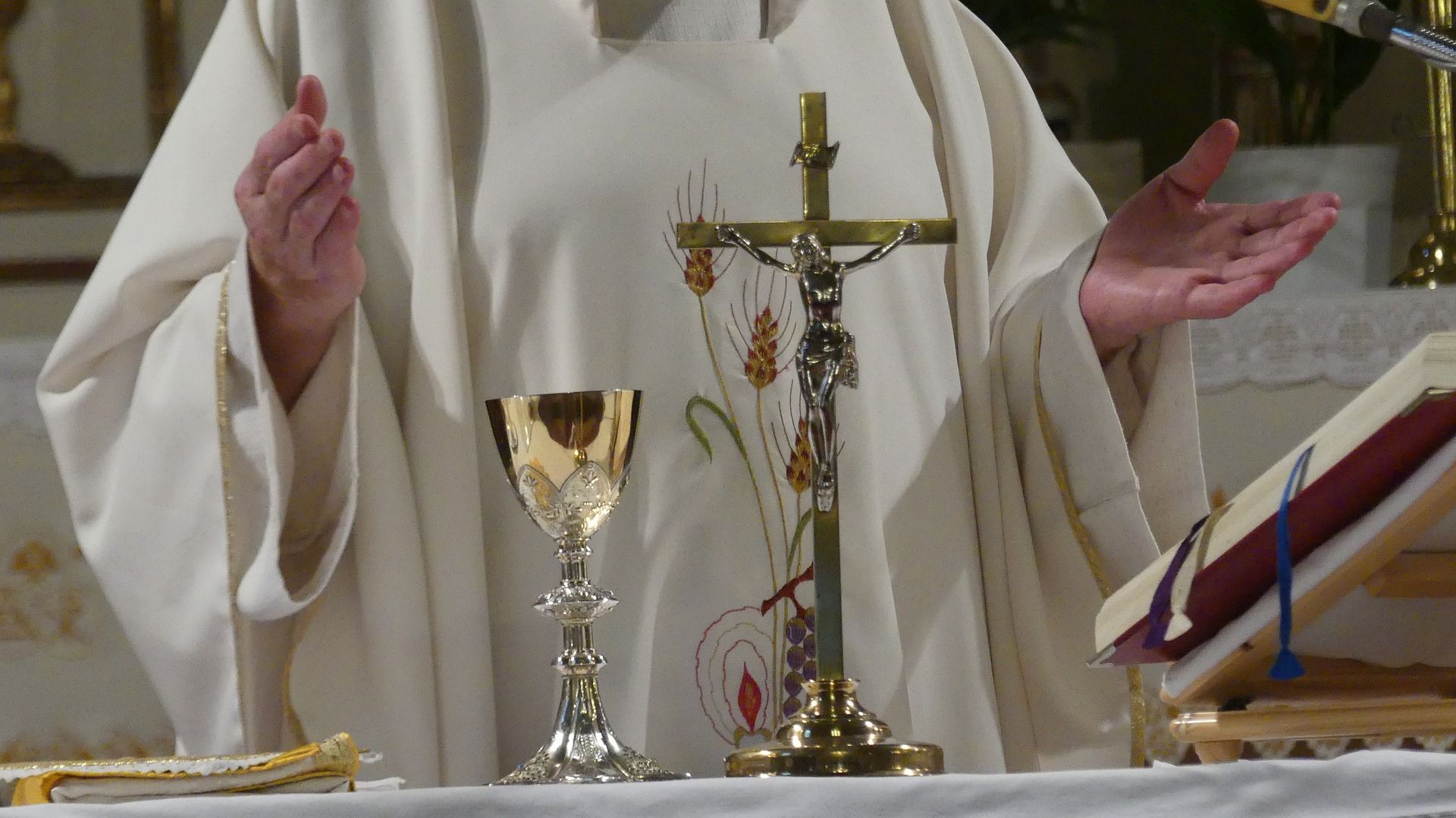
When and where did the wearing of special clothes at Mass originate?
Some have thought that they have their origin in the different kinds of dress worn by the Jewish priests and levites in the time of Jesus. There is no evidence to support this opinion, and one must turn to the kind of clothes worn by the ordinary citizens in the earliest days of Christianity for models of our present day vestments.
Thus a Roman citizen of the 1st century A.D. would have worn his tunic, with some kind of cloak or over-garment (called a pallium - the name for the special largely ceremonial piece of cloth still sent by the Pope to Catholic Bishops who have the pastoral care of the faithful).
A Spanish Council held at Toledo in 633 A.D. mentions the alb, planeta and orarium. The alb is an equivalent of the tunic referred to above; the planeta is the chasuble, the equivalent of the over-garment; and the orarium is what we would call today the stole - a garment that was extremely common in secular society of the early years of Christianity.
("Why do Catholics" Chevalier Press Oct 1986)
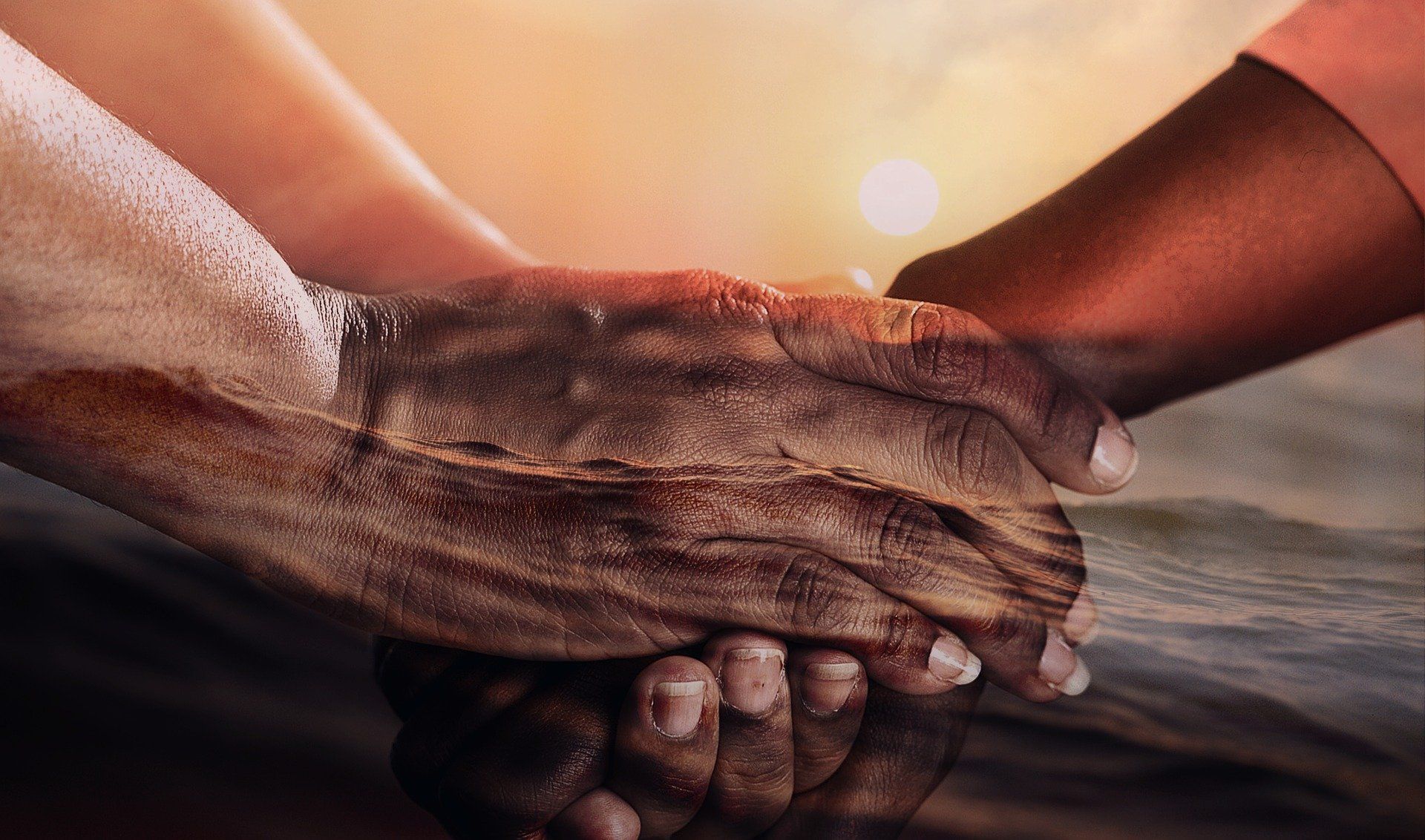
In the post-Vatican II Catholic Church, the kiss or sign of peace is given immediately before the Agnus Dei (Lamb of God), and preparatory to receiving communion.
The first Christians saw the kiss of peace as a Sacramental, like the use of holy water or incense. In the early Church, the baptised used to be kissed by the celebrant and the congregation. St Justin (martyred in 167 A.D) is the first to mention it, and it has been described as 'one of the most distinctive elements in the Christian ritual.'
The Christian 'Sign/Kiss of Peace' is a pledge of unity and harmony in a Church that is truly Catholic (universal) - transcending as it does race, colour or language.
("Why do Catholics" Chevalier Press Oct 1986)
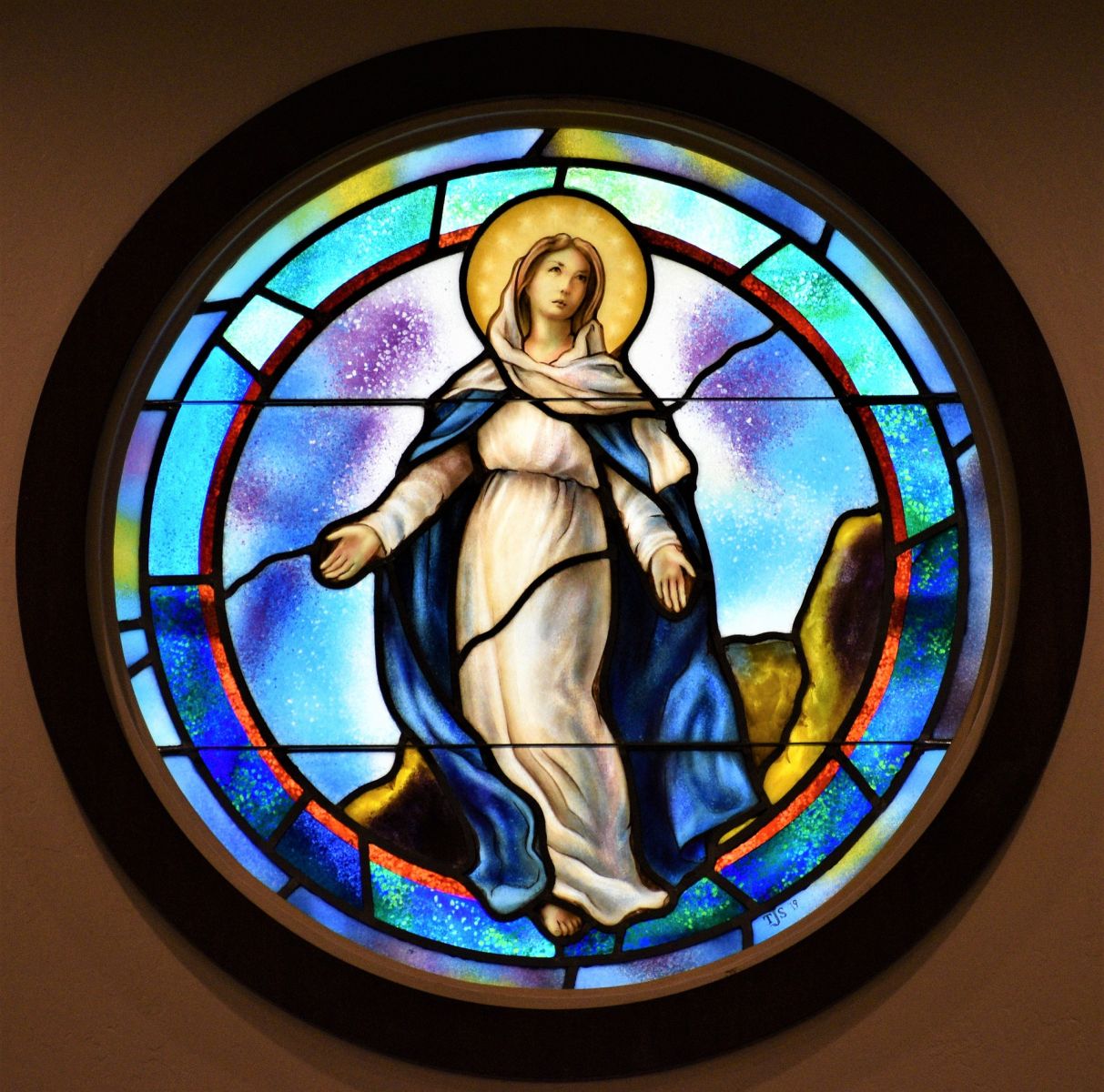
The Hail Mary has two parts. The first is made up of the words used by the Archangel Gabriel in greeting Our Lady, slightly altered by adding her name: "Hail Mary full of grace, the Lord is with thee", followed by the words of St Elizabeth: "Blessed art thou amongst women, and blessed is the fruit of thy womb" with the name "Jesus" added at the end by Pope Urban IV (1261-1264).
The second part is a prayer: "Holy Mary, Mother of God, pray for us sinners now and at the hour of our death, Amen."
The first part of the Hail Mary - the words of the angel and Mary's cousin, Elizabeth, are found as a single formula as early as the 6th Century. The use of the Hail Mary in popular devotion was common from the 11th Century onwards. The oldest regulation concerning the prayer occurs at the end of the 12th Century in the constitution of St Odo, Bishop of Paris, in 1198, where it is ordered to be taught along with the Creed and the Our Father.
The second part of the prayer originated around the 12th Century, and was introduced into the Breviary in 1514, finally being approved by Pope St Pius V in 1568.
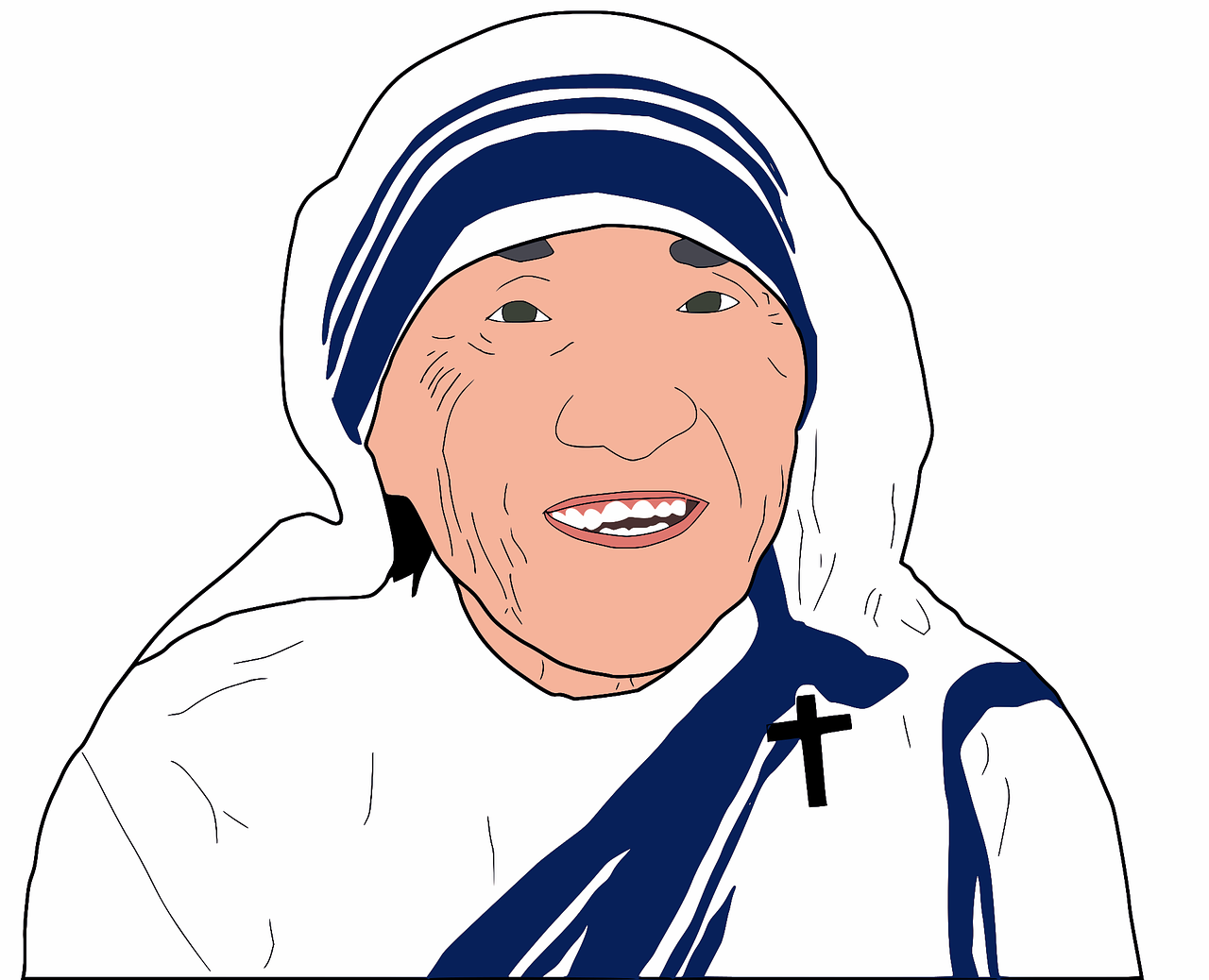
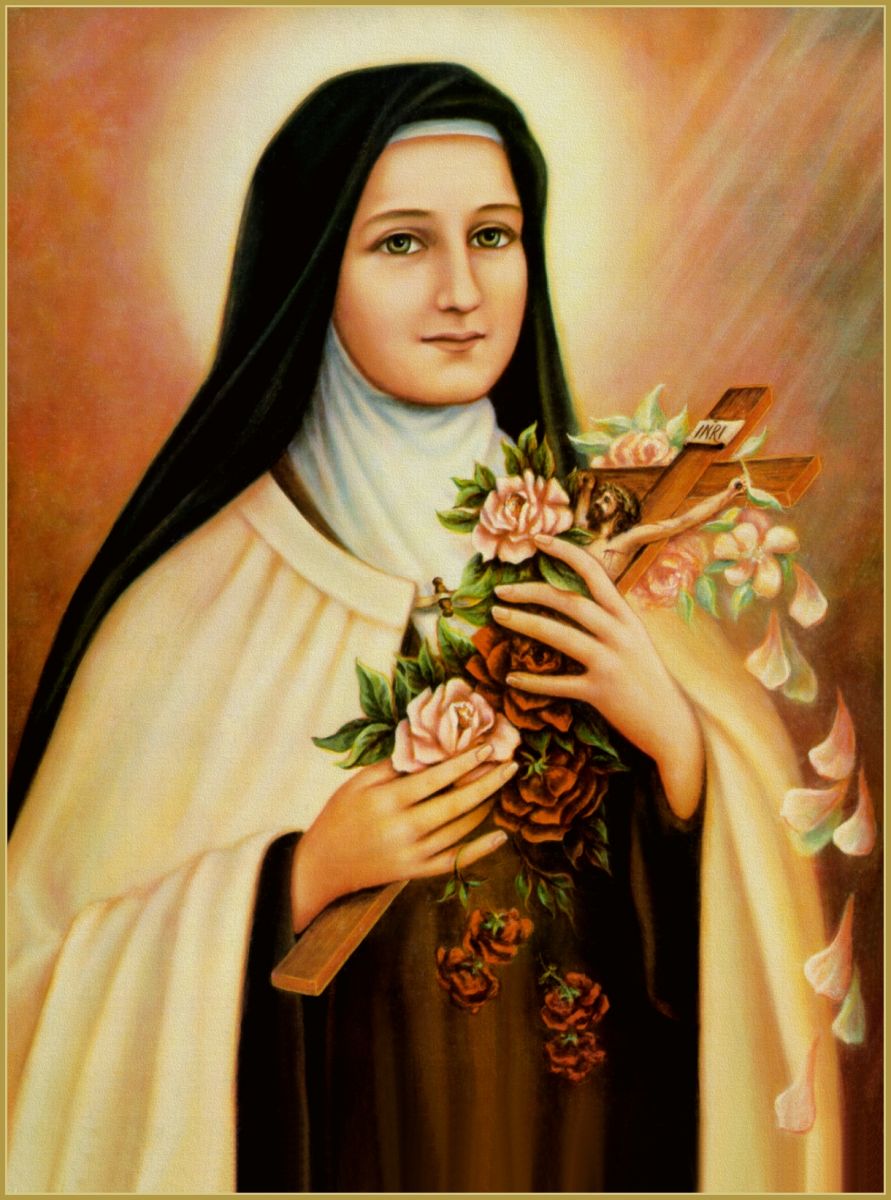
![]()
Canonization refers to a decree by the Pope that a certain person is to be venerated as holy by the whole Church, and to be given the title of Saint. In honouring the saints, the Church pays honour to God who is the source of all holiness. That the Pope alone makes such a declaration has been the custom in the Catholic Church for over eight hundred years, since Pope Alexander III passed a decree to this effect in 1178 A.D.
In a somewhat broader sense, canonization (the insertion of the name of a martyr or holy person in the Canon of the Mass) belongs to the earliest days of Christianity. Tertullian (160 - 320 A.D.) refers to such a custom, as does the author of the Martydom of Polycarp (69 - 155 A.D.).
Today, exhaustive investigations are required before a person is declared Blessed. Two miracles must be proven to have occurred through the intercession of the person whose cause has be proposed. After the beatification, two more proven miracles are required before the Pope issues a Bull (so called because of the lead seal or bulla attached to the document) of canonization. As a rule, the ceremony of Canonization takes place in St Peter's Square, where the first Mass in honour of the new saint is celebrated.
Reverence for these holy men and women officially declared to be saints by the Church should not be seen to imply that they are the only saints. In fact, all who die in God's grace are saints!
("Why do Catholics" Chevalier Press Oct 1986)
Why are you Catholic?
Questions on God & Faith

We believe in only one God because, according to the testimony of Sacred Scripture, there is only one God and, according to the laws of logic, there can be only one.
If there were two gods, then the one god would be a limit on the other; neither of the two would be infinite, neither one perfect; in these respects neither of the two would be God.
Israel's fundamental experience of God is: "Hear, O Israel: The Lord God is one Lord" (Deut 6:4). Again and again the prophets exhort the people to abandon their false gods and to convert to the one God: "For I am God, and there is no other" (Is 45:22).
('Youcat' 30)
Watch some videos here on St Thomas Aquinas' proofs of God's existence:
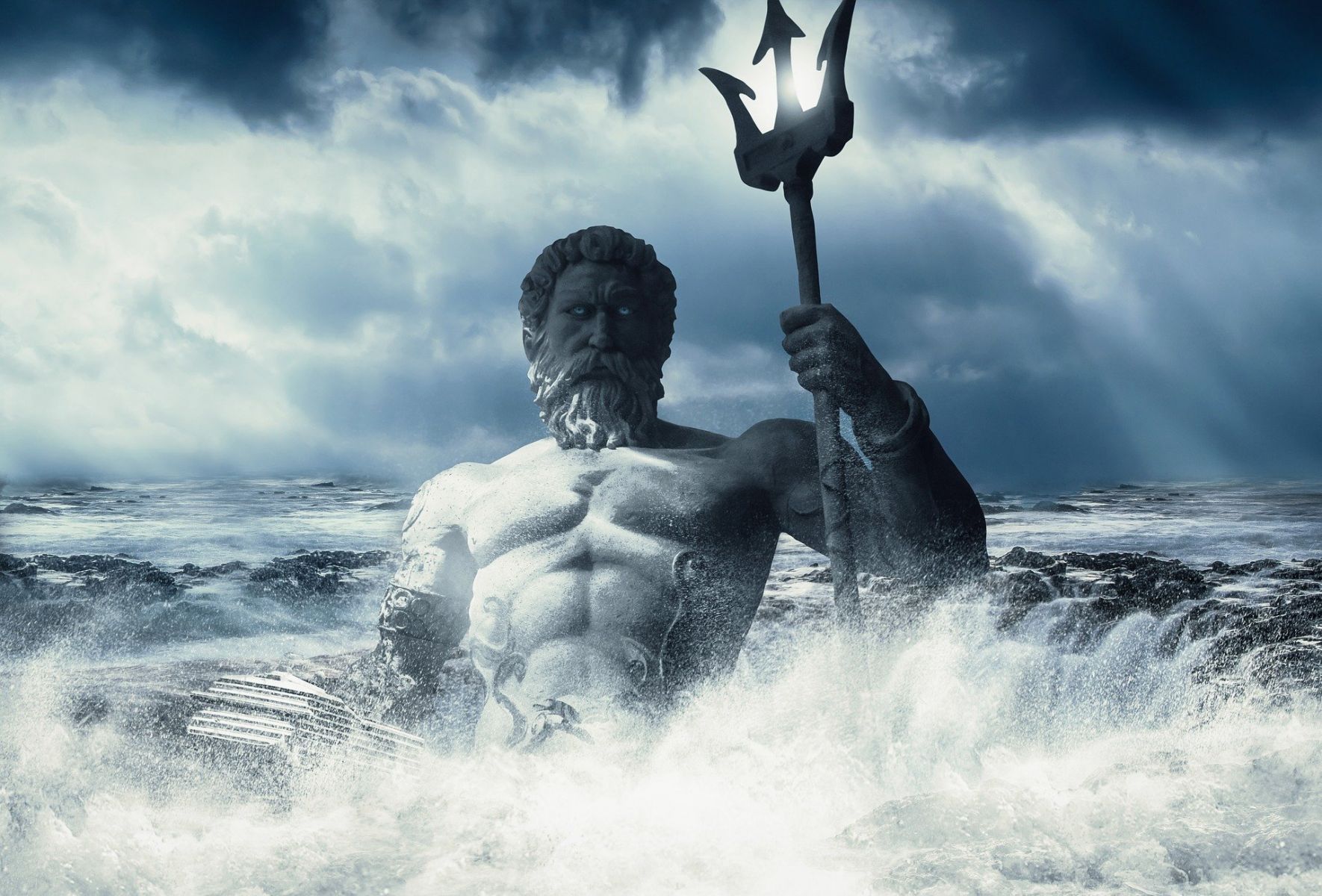 Is God a reality in the world? Or along side the world? Or above the world? Is he the supreme being?
Is God a reality in the world? Or along side the world? Or above the world? Is he the supreme being?
That is exactly what God is not, according to St Thomas Aquinas, one of the greatest philosophers and theologians of the Church.
God is not a thing or an individual, rather God is the act of 'to be' itself. God is not an item in the world. God is the great ocean of existence from which the world in its entirety comes.
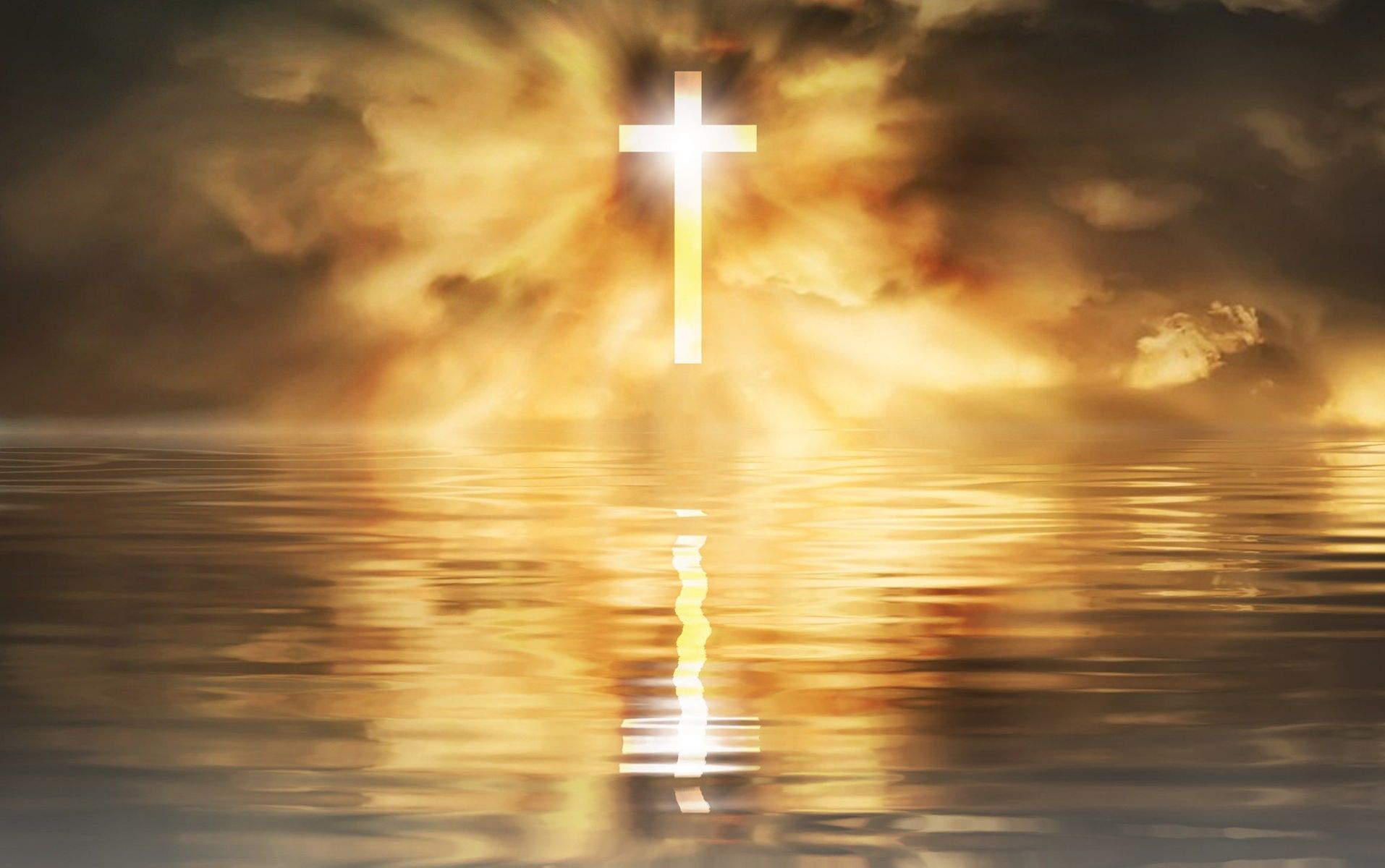
Watch Bishop Robert Barron explain here:
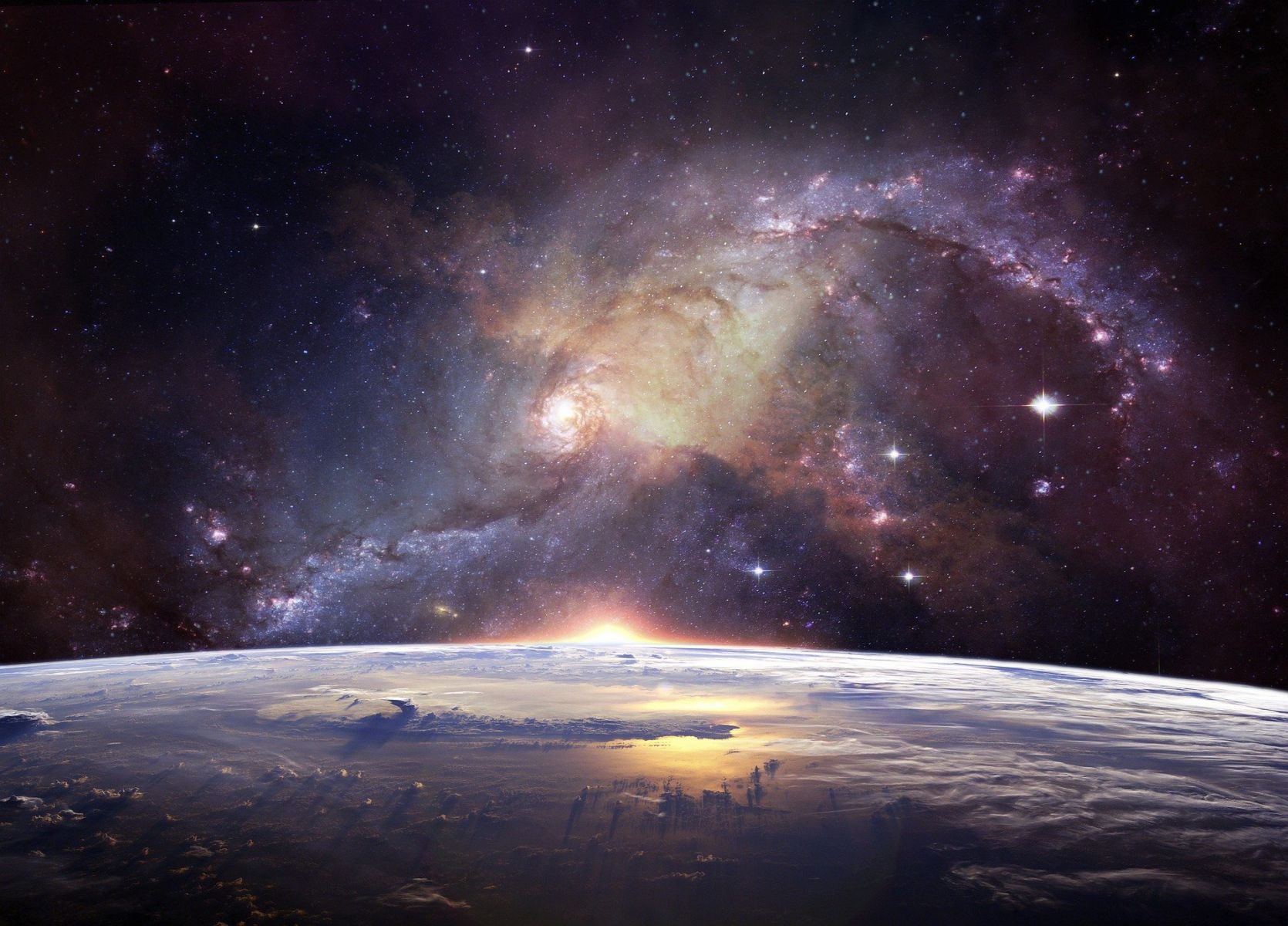
Why is there something rather than nothing?
"The world was made for the glory of God." (First Vatican Council)
There is no other reason for the creation than love.
In it , God's glory and honor appears.
To praise God, therefore, does not mean applauding the Creator. After all, man is not a spectator to the work of creation. For man, 'praising' God means being grateful for his own existence together with all creation.
('Youcat' 48)
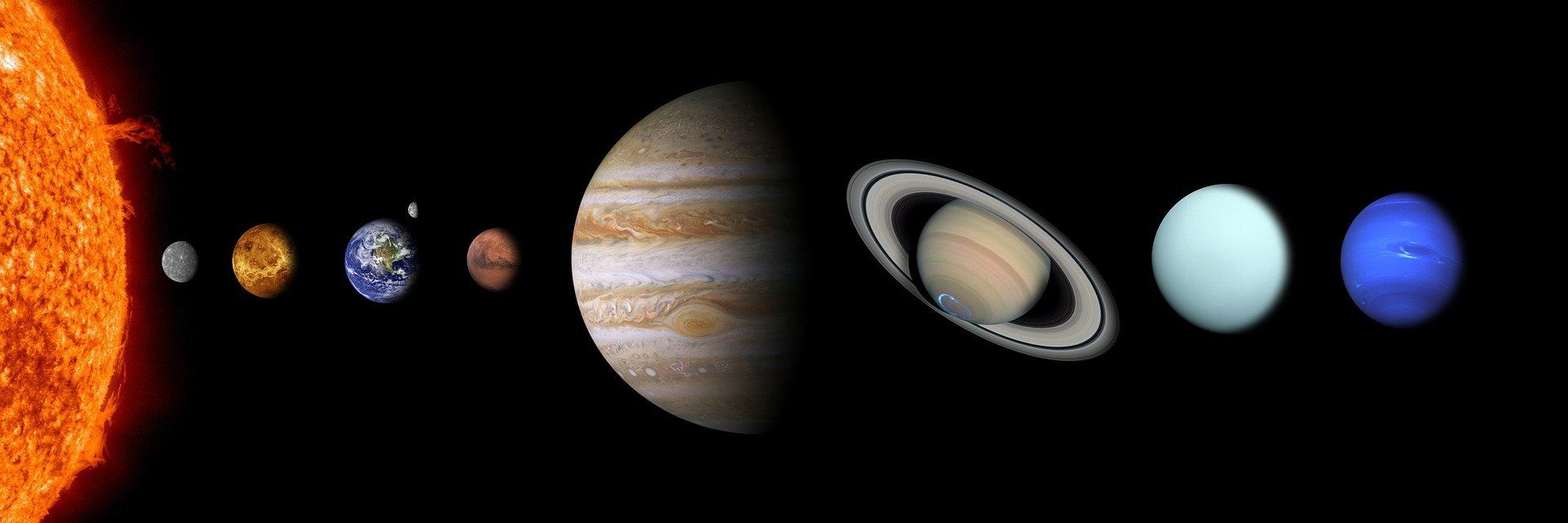
The symbol of the work week, which is crowned by the day of rest (Gen 1:1-2:3), is an expression of how good, beautiful, and wisely ordered creation is.
From the symbolism of 'the work of six days' we can derive important principles:
1) Nothing exists that was not called into being by the Creator
2) Everything that exists is good in its own way
3) Something that has become bad still has a good core
4) Created beings and things are interrelated and interdependent
5) Creation in its order and harmony reflects the surpassing goodness and beauty of God
6) In creation there is an order of complexity: man is superior to an animal, an animal is superior to a plant, a plant is superior to inanimate matter
7) Creation is heading for the great celebration when Christ will bring the world home and God will be everything to everyone.
('Youcat' 46)

The Bible is not meant to convey precise historical information or scientific findings to us. Moreover, the authors were children of their time. Their forms of expression are influenced by sometimes inadequate cultural images of the world around them. Nevertheless, everything that man must know about God and the way of his salvation is found with infallible certainty in Sacred Scripture.
('Youcat' 15)
Watch Bishop Barron discuss how to read the Bible:
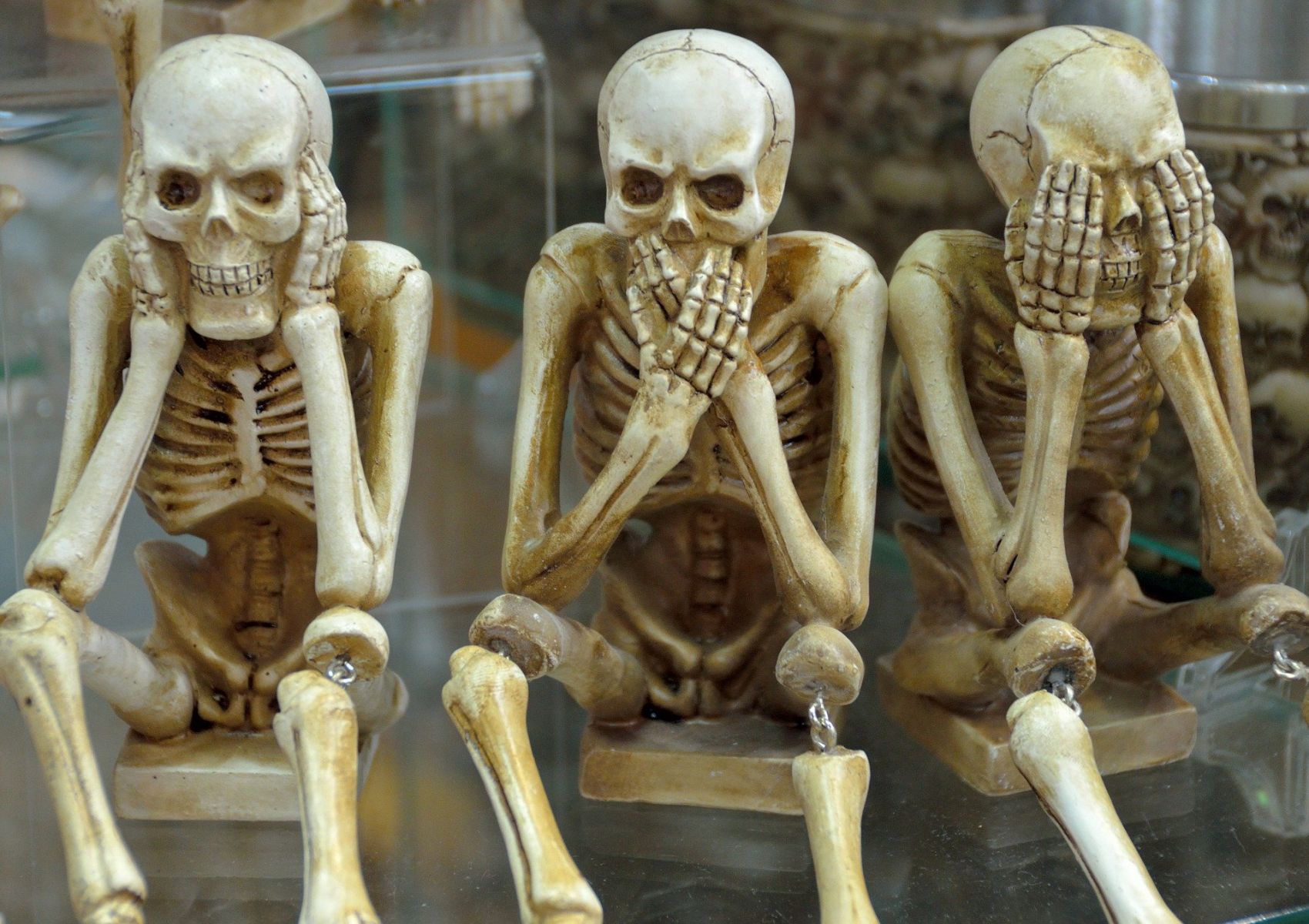
Evil in the world is an obscure and painful mystery. Even the Crucified asked the Father: "My God, why have you forsaken me?" (Mt 27:46). Much about it is incomprehensible.
One thing, though, we know for sure: God is 100 percent good. He can never be the originator of something evil. The decisive question is therefore not: "How can anyone believe in a good God when there is so much evil?" but rather: "How could a person with a heart and understanding endure life in this world if God did not exist?" Christ's death and resurrection shows us that evil did not have the first word, nor does it have the last.
('Youcat' 51)
Watch Bishop Barron respond to Stephen Fry on this issue:
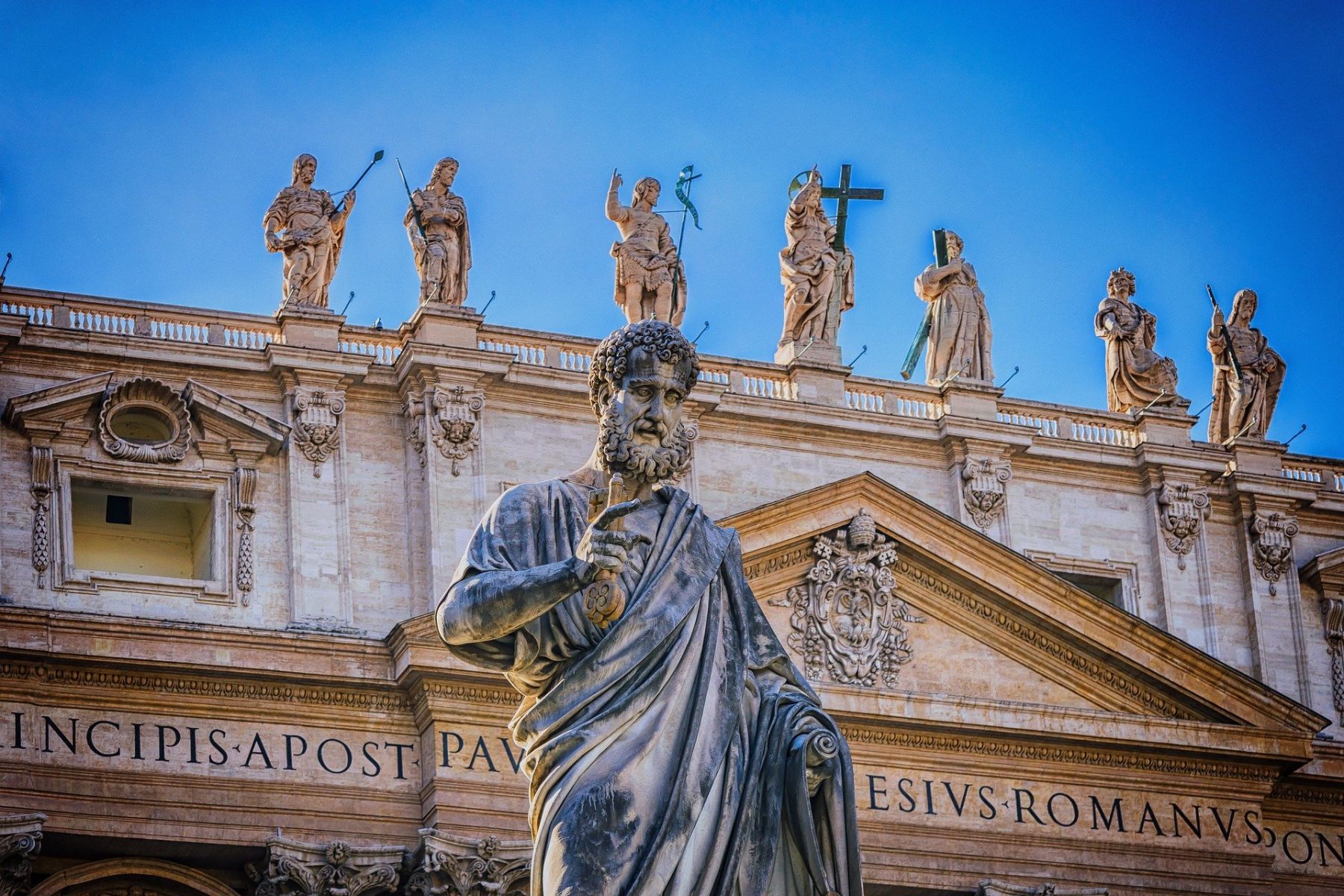
Faith is not about empty words but about reality. In the Church, condensed formulas of faith developed over the course of time; with their help we can contemplate, express, learn, hand on, celebrate, and live out this reality.
Without fixed forms, the content of the faith would dissipate. That is why the Church attaches great importance to definite sentences, the precise wording of which was usually achieved painstakingly, so as to protect the message of Christ from misunderstandings and falsifications.
Furthermore, creeds are important when the Church's faith has to be translated into different cultures while being preserved in its essentials, because a common faith is the foundation for the Church's unity.
('Youcat' 25)
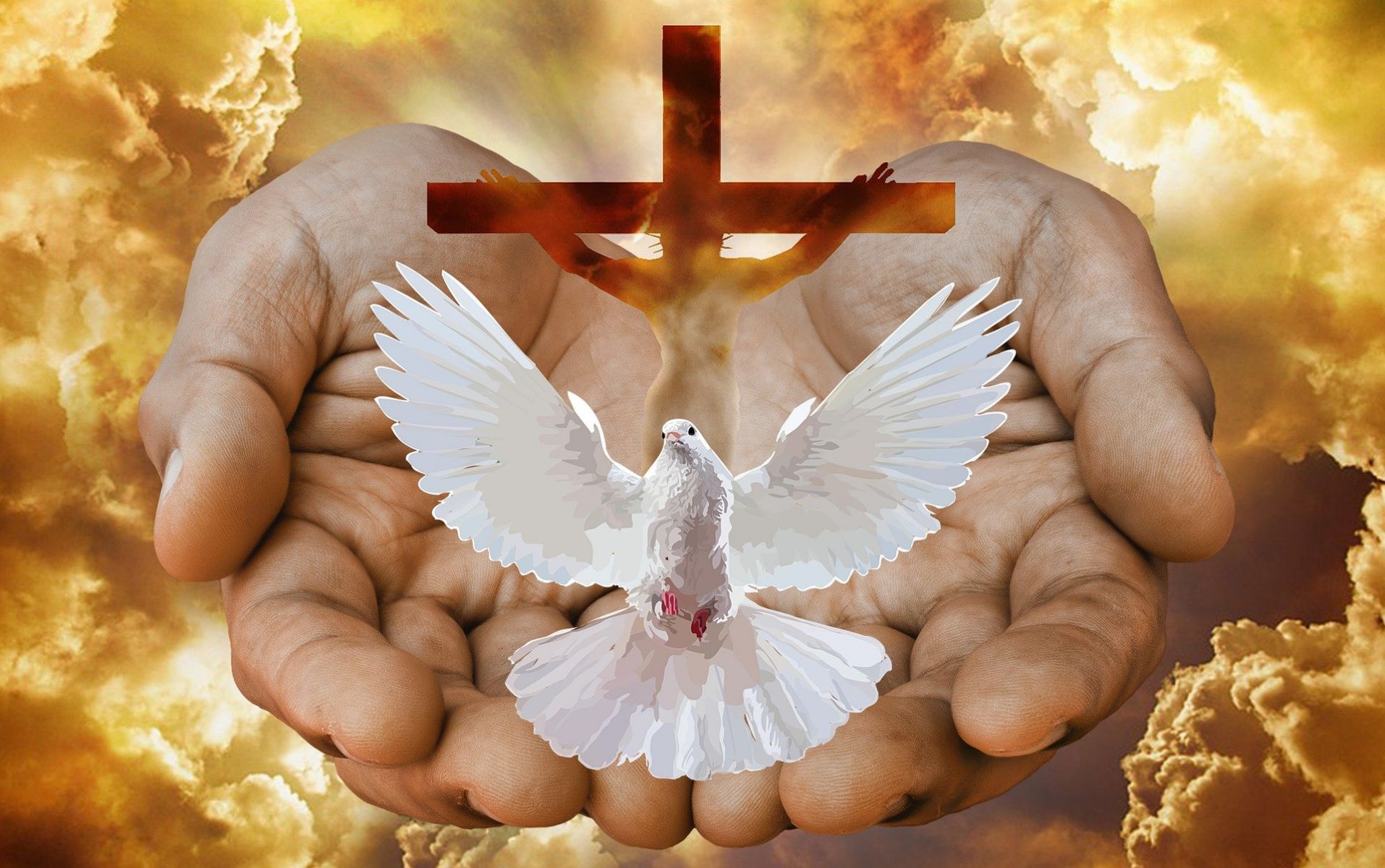
If we believe in ONE God, how do we understand the Trinity?
We know that God is triune from Jesus Christ: He, the Son, speaks about his Father in heaven ("I and the Father are one", Jn 10:30). He prays to him and sends us the Holy Spirit, who is the love of the Father and the Son.
Man cannot deduce the fact the God is a trinity by means of their own reason. They acknowledge, however, that this mystery is reasonable when they accept God's revelation in Jesus Christ.
('Youcat' 35,36)
Watch a further explanation here:

"I would not believe if I did not realise that it is reasonable to believe"
- St Thomas Aquinas
Someone who believes is seeking a personal union with God and is ready to believe God in everything that he shows (reveals) about himself.
At the beginning of faith, there is often an emotional disturbance or uneasiness. The person senses that the visible world and the normal course of things cannot be all there is.
They feel touched by a mystery and follow the traces that point to the existence of God and gradually finds the confidence to speak to God and finally unite himself to him in freedom.
In John's Gospel it says: "No one has ever seen God; the only-begotten Son, who is in the bosom of the Father, has made him known." (Jn 1:18) That is why we must believe Jesus, the Son of God, if we know what God would like to communicate to us. Believing therefore, means accepting Jesus and staking one's whole life on him.
('Youcat' 22)
Questions on Faith & Science
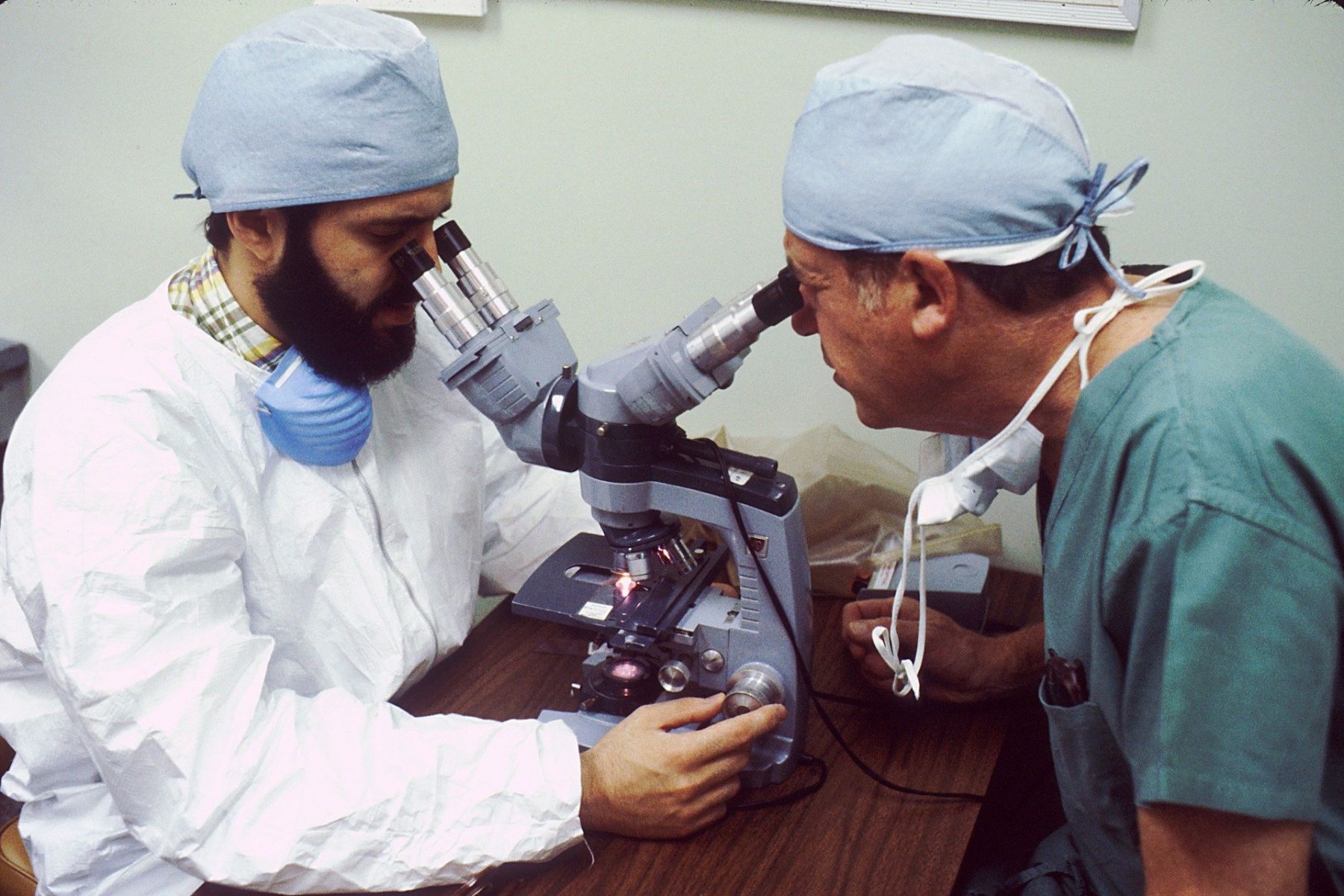
There is no insoluble contradiction between faith and science, because there cannot be two kinds of truth.
God intended reason, with which we can recognise the rational structures of the world, just as he intended faith. That is why Christian faith demands and promotes the (natural) sciences.
Faith exists so that we might know things that are not apparent to reason yet are real above and beyond reason.
('Youcat' 23)
Watch Fr Bill from the Archdiocese of Dublin discuss Faith and Science:

Yes!
Although it has a different kind of knowledge, faith is open to the findings and hypotheses of the sciences.
Theology has no scientific competence, and natural science has no theological competence. Natural science cannot dogmatically rule out the possibility that there are purposeful processes in creation; conversely, faith cannot define specifically how these processes take place in the course of nature's development.
A Christian can accept the theory of evolution as a helpful explanation model, provided he/she does not fall into the heresy of 'evolutionism', which views man as the random product of biological process.
Evolution presupposes the existence of something that can develop. The theory says nothing about where this 'something' came from. Furthermore, questions about the being, essence, dignity, mission, meaning and wherefore of the world and man cannot be answered in biological terms.
Just as 'evolutionism' oversteps the boundary one side, so does 'creationism' on the other. Creationists naively take the biblical data literally.
('Youcat' 42)
Did you know the cosmologist who discovered the "Big Bang Theory" was a Belgian Catholic priest?
Check out a video on Msgr. Georges Lemaitre and the Big Bang Theory:
Tour the inside of the Vatican Observatory:
Pause for Thought
- J.R.R Tolkien
- Mark Walberg
- Mother Theresa
- C.S. Lewis
- St Francis of Assisi
- Leonard Cohen
- Pope Benedict XVI
- Patrick Kavanagh
- Joseph Mary Plunkett
- Galileo Galilei
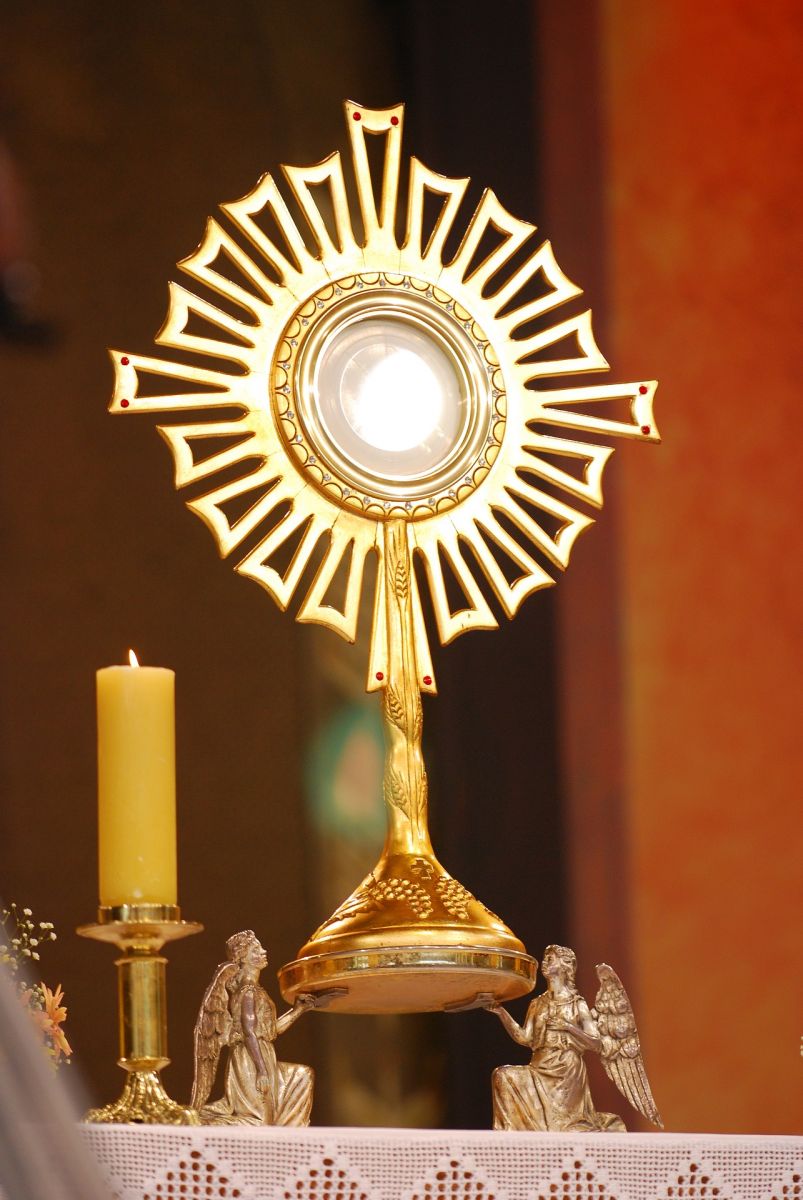
"Out of the darkness of my life, so much frustrated, I put before you the one great thing to love on earth: The Blessed Sacrament.
There you will find romance, glory, honour, fidelity, and the true way of all you loves on earth."
"It's like in the great stories, Mr. Frodo. The ones that really mattered. Full of darkness and danger they were. And sometimes you didn't want to know the end. Because how co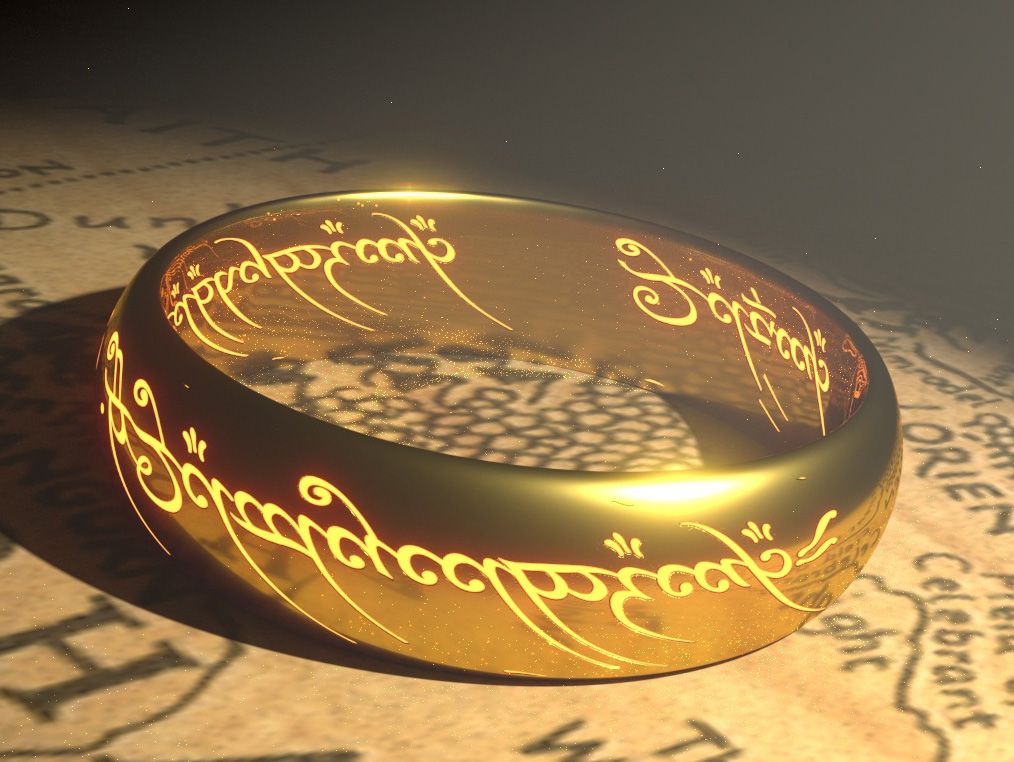 uld the end be happy? How could the world go back to the way it was when so much bad had happened? But in the end, it's only a passing thing, this shadow. Even darkness must pass. A new day will come. And when the sun shines it will shine out the clearer."
uld the end be happy? How could the world go back to the way it was when so much bad had happened? But in the end, it's only a passing thing, this shadow. Even darkness must pass. A new day will come. And when the sun shines it will shine out the clearer."
- The Two Towers
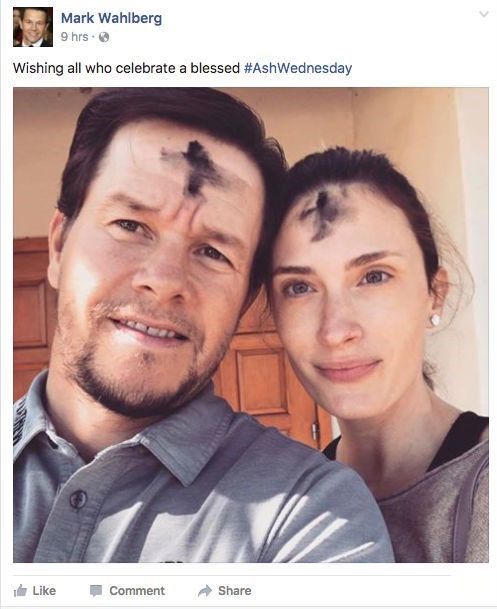
"I pray to be a good servant to God, a father, a husband, a son, a friend, a brother and uncle, a good leader to those who look up to me and a good follower to those that are serving God and doing the right thing."
“Once I focused on my faith wonderful things started happening for me. And I don’t mean professionally – that’s not what it’s about. These days, I’ll be in church and people will come up to me and say: ‘Do you mind if I sit and pray with you?’ And they’ll start praying and it’ll turn out they’re praying for their new movie to be a success or whatever, and I’m like, this is not what I come here for. For me to sit down and ask for material things is ridiculous. It’s a much bigger picture than that. I want to serve God and to be a good human being and to make up for the mistakes I made and the pain I put people through. That’s what I’m praying for, and I recommend it to anybody."

"If you judge people, you have no time to love them"
"It's not about how much you do, but how much love you put into what you do that counts"
"If you want to change the world, go home and love your family"
"Peace begins with a smile"
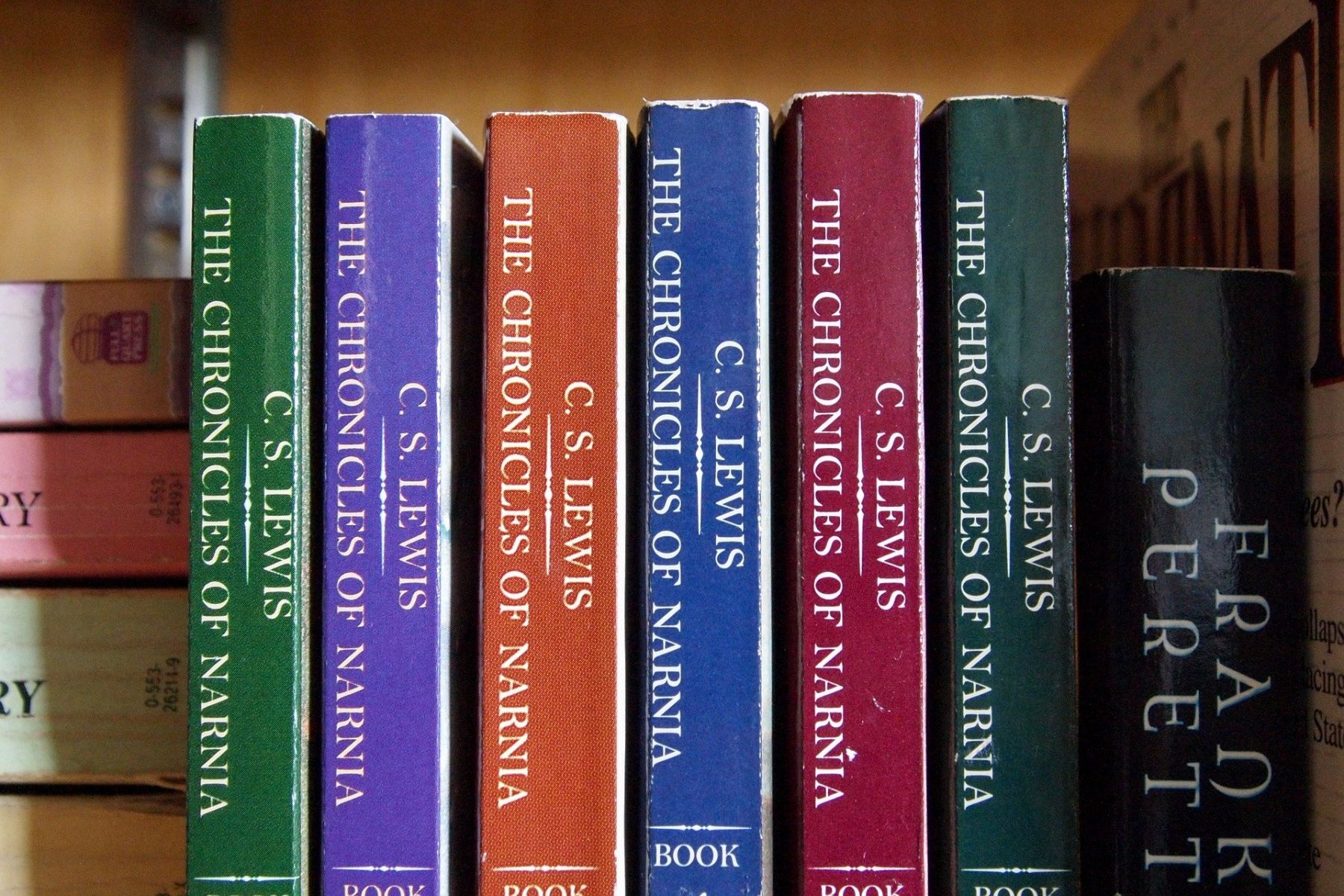
"The great thing to remember is that though our feelings come and go, God's love for us does not"
"I believe in Christianity as I believe that the sun has risen, not only because I see it, but because by it I see everything else"
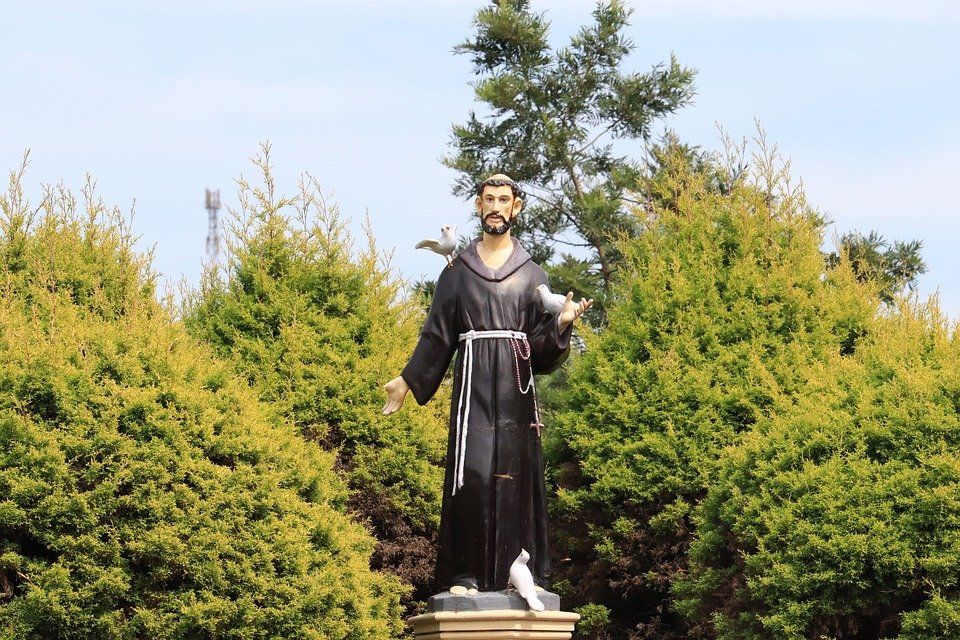
"Preach the Gospel at all times. If necessary, use words."
"If God can work through me, he can work through anyone."
"Start by doing what's necessary; then do what's possible; and suddenly you are doing the impossible."
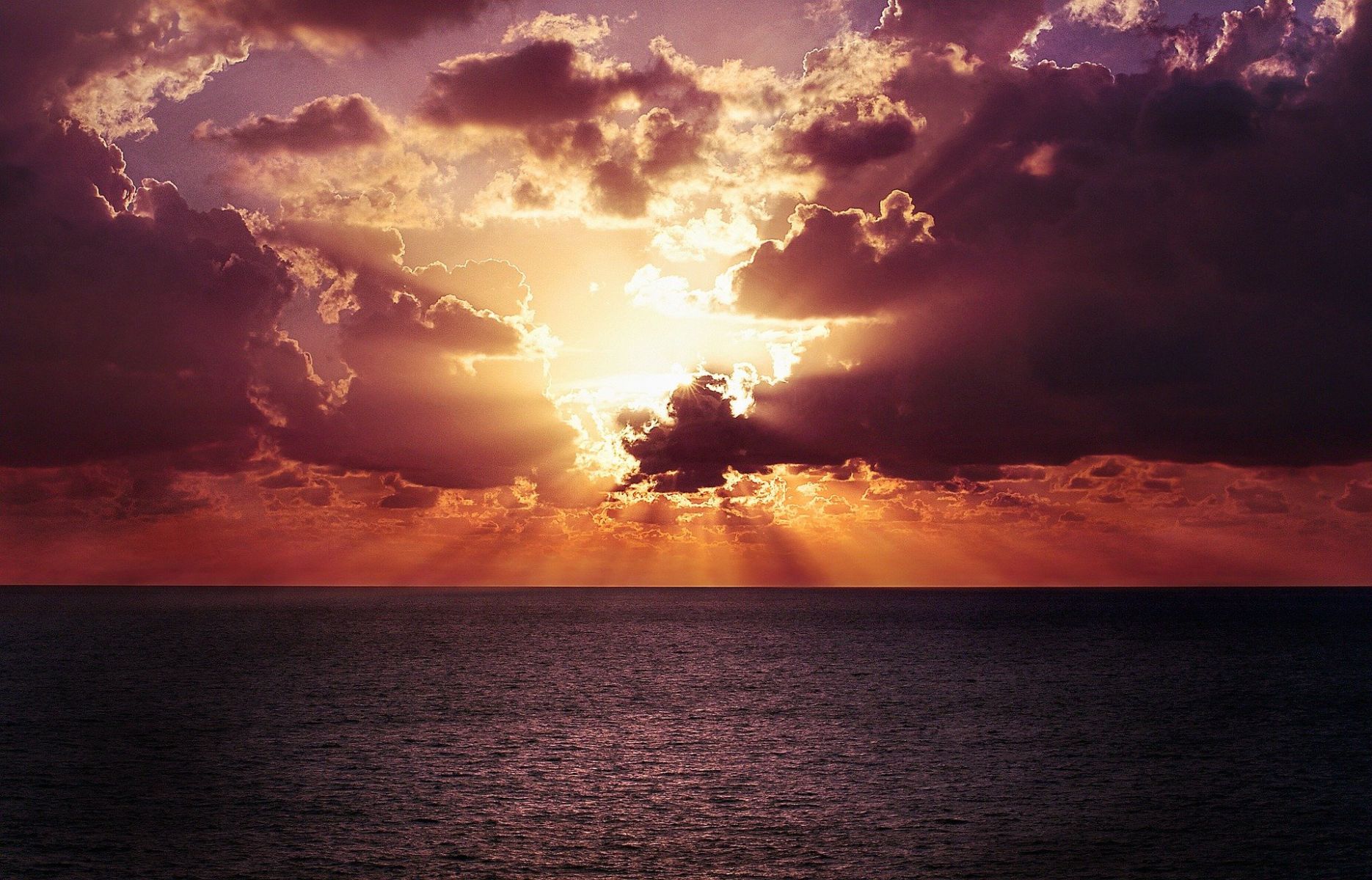
"There is a crack in everything but that's how the light gets in."
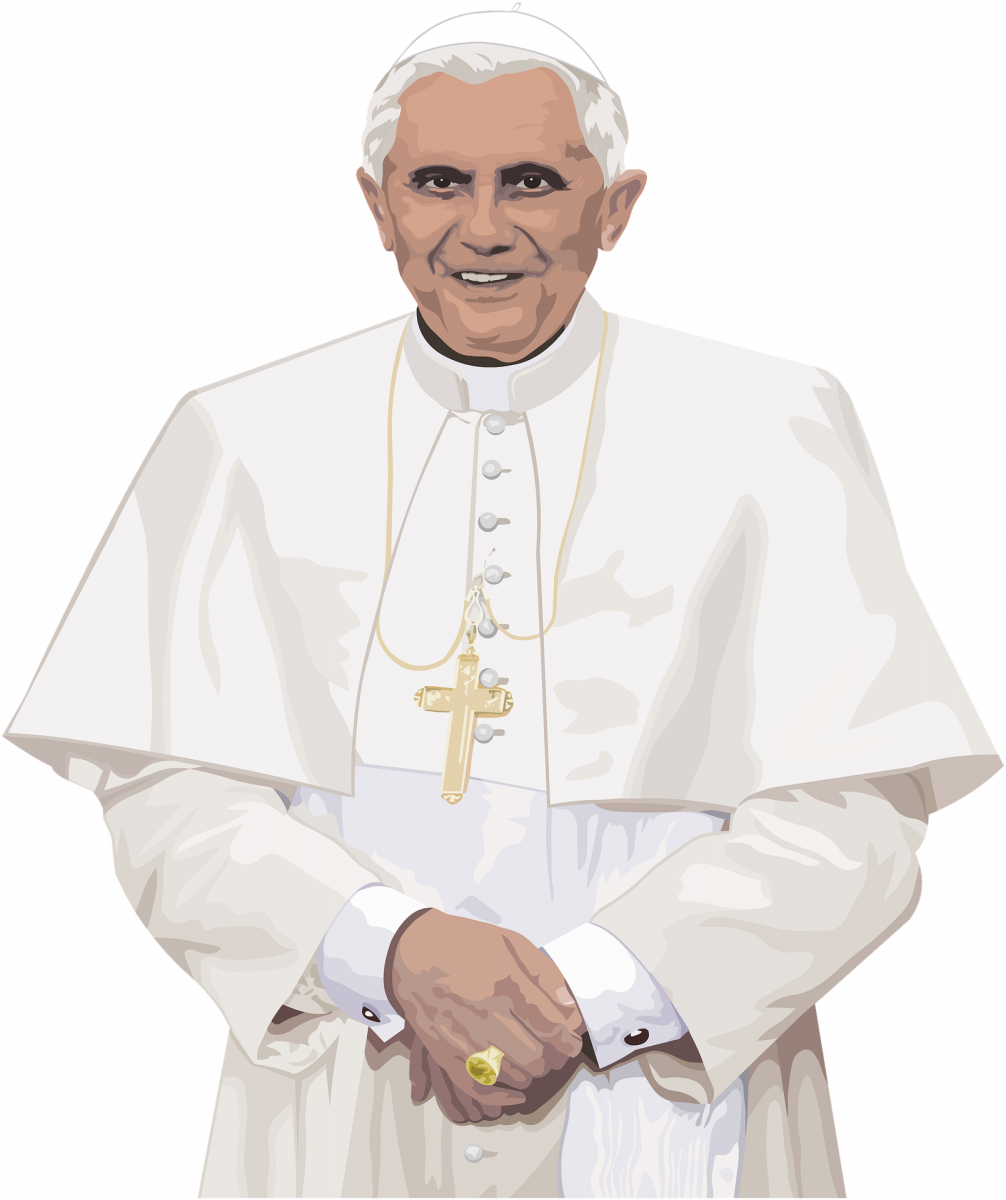
"We are not some casual and meaningless product of evolution. Each of us is the result of a thought of God. Each of us is willed, each of us is loved, each of us is necessary."

"The World promises you comfort but you were not made for comfort. You were made for greatness"
"God is in the bits and pieces of everyday."
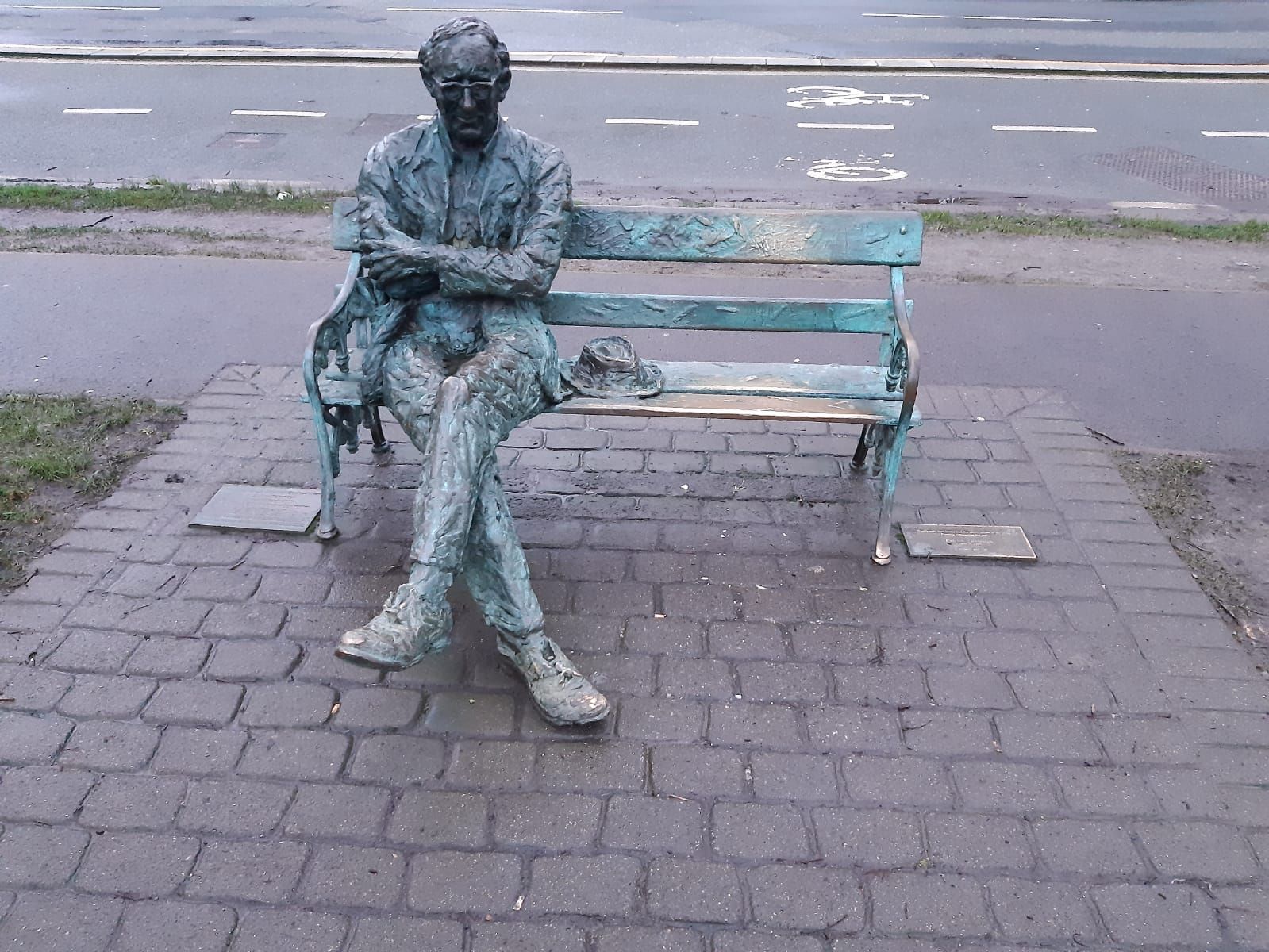
I see his blood upon the rose
And in the stars the glory of his eyes,
 His body gleams amid eternal snows,
His body gleams amid eternal snows,
His tears fall from the skies.
I see his face in every flower;
The thunder and the singing of the birds
Are but his voice-and carven by his power
Rocks are his written words.
All pathways by his feet are worn,
His strong heart stirs the ever-beating sea,
His crown of thorns is twined with every thorn,
His cross is every tree
Mathematics is the alphabet with which God wrote the world
How to Pray the Rosary with Bishop Barron
Practicing Gratitude | Christian Guided Meditation and Prayer
Learn Lectio Divina
Catholic Meditation Music
Considering a religious vocation?
Check out this video by Vocations Ireland:
 Mary Immaculate
Mary Immaculate
